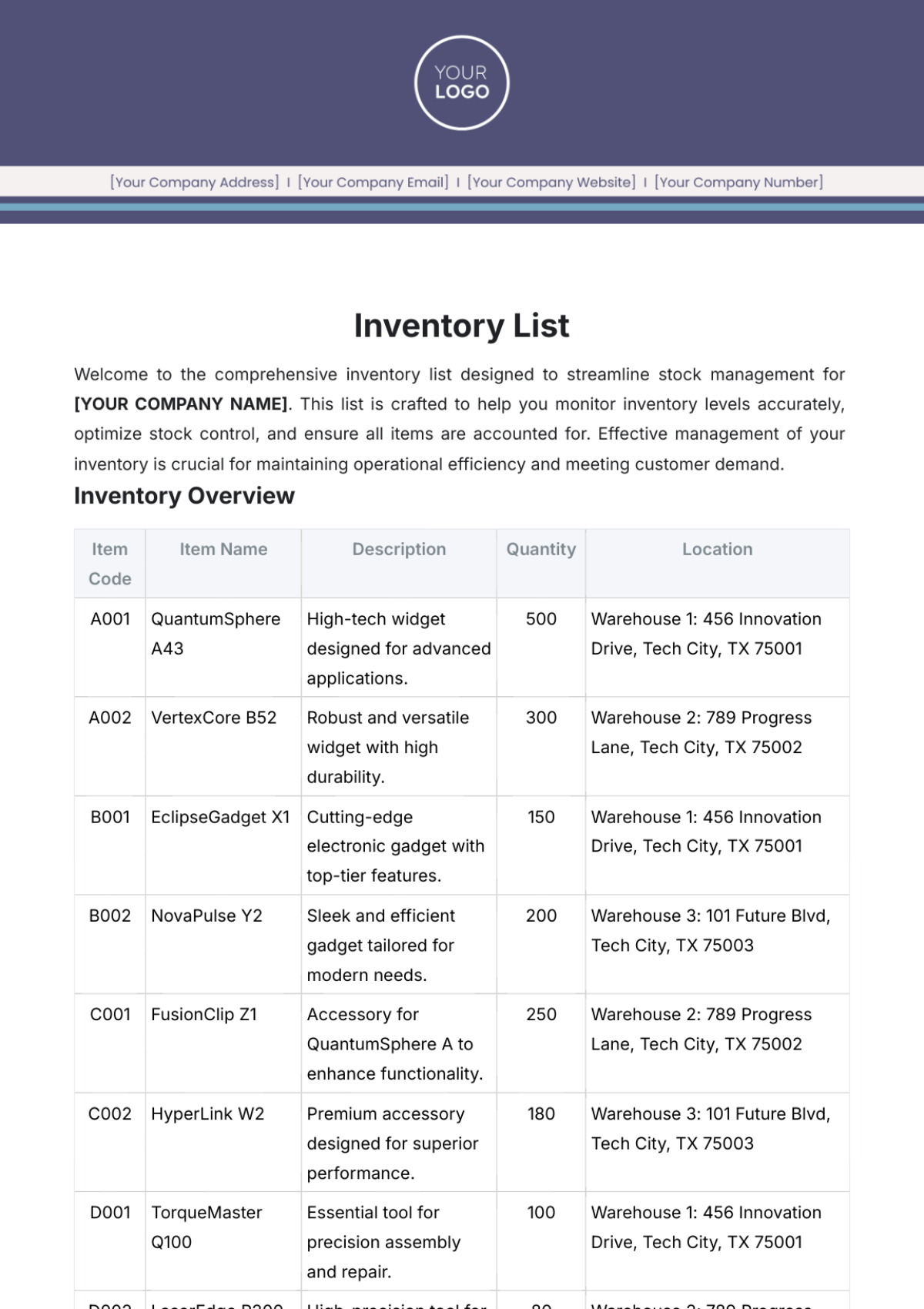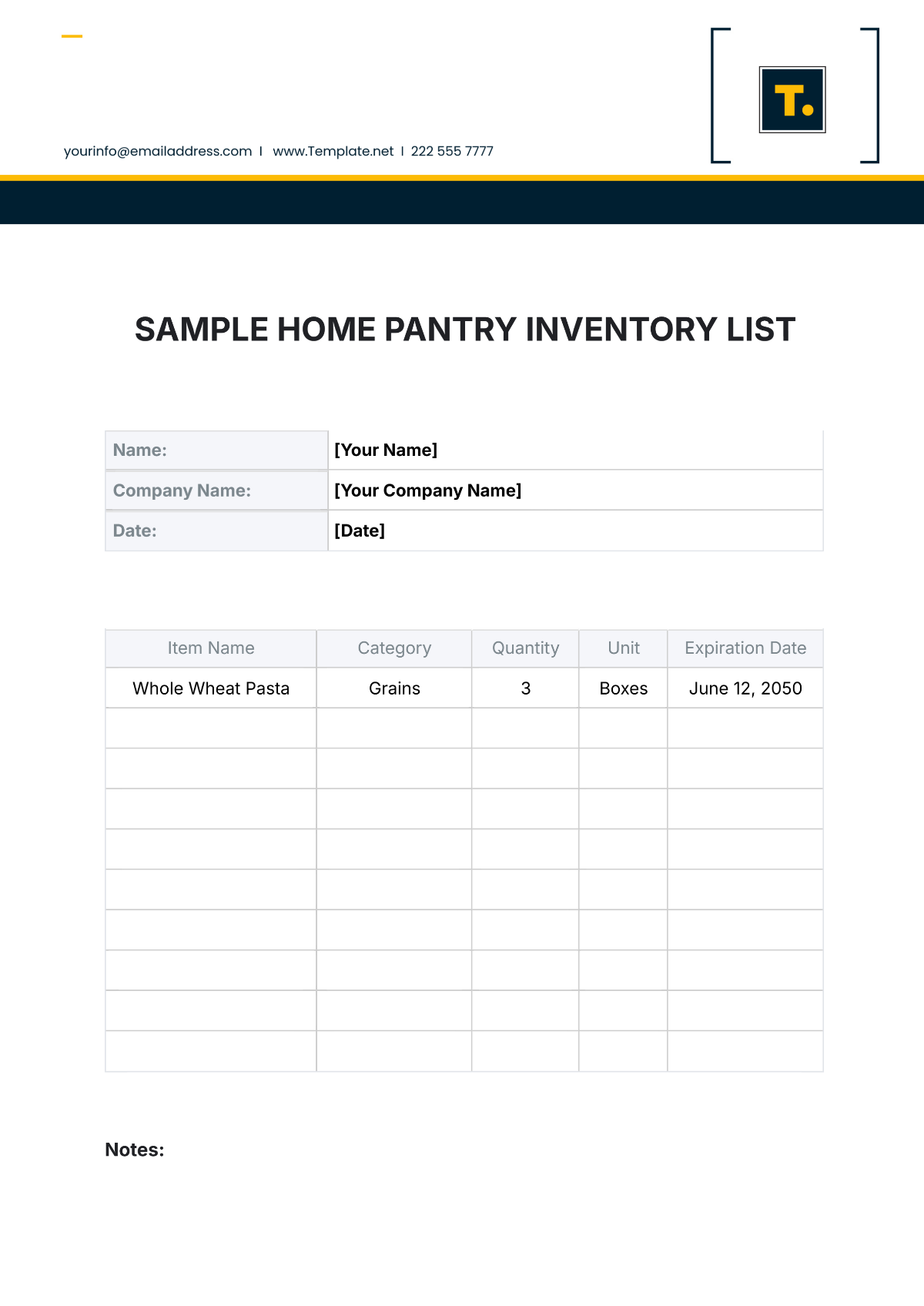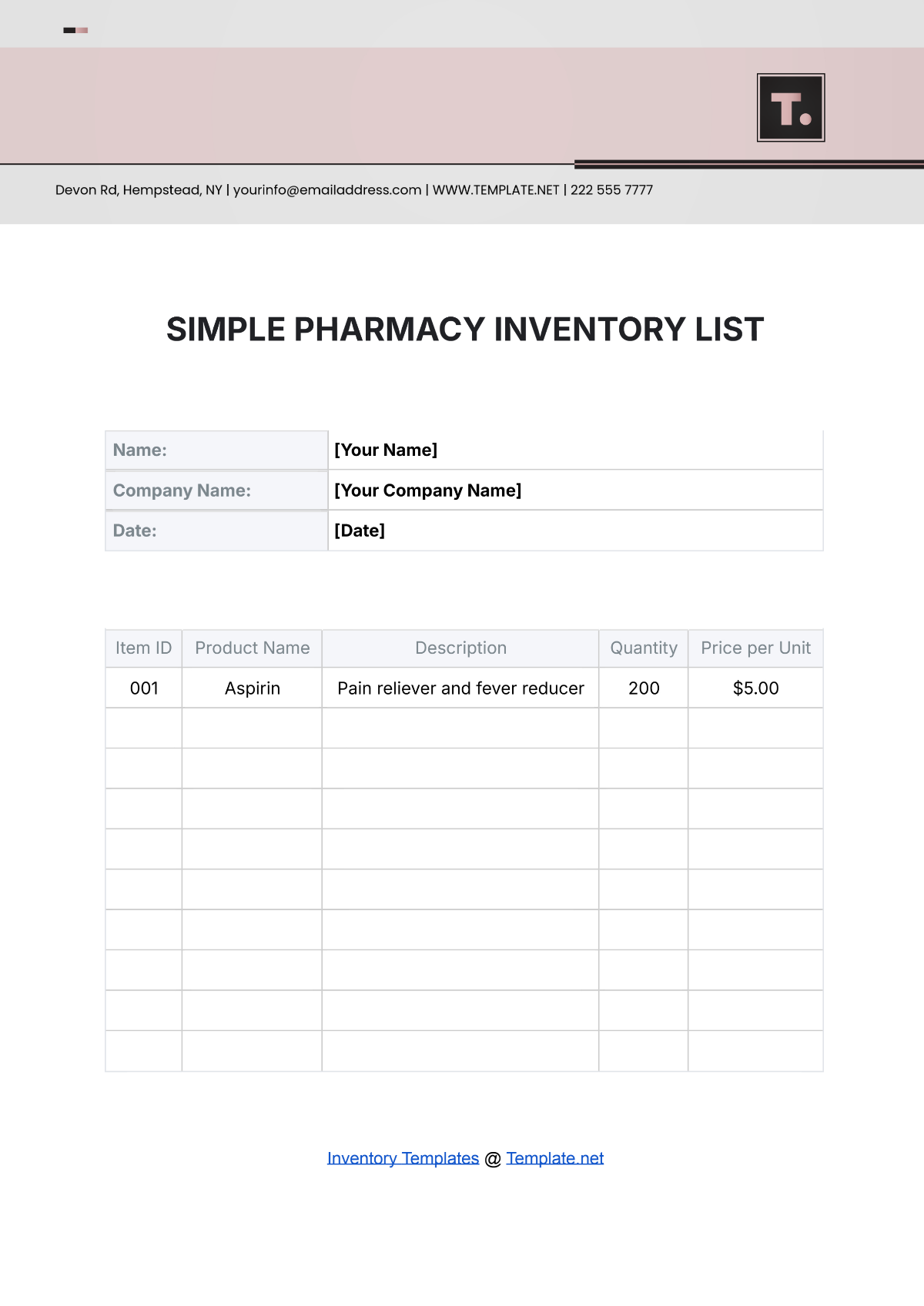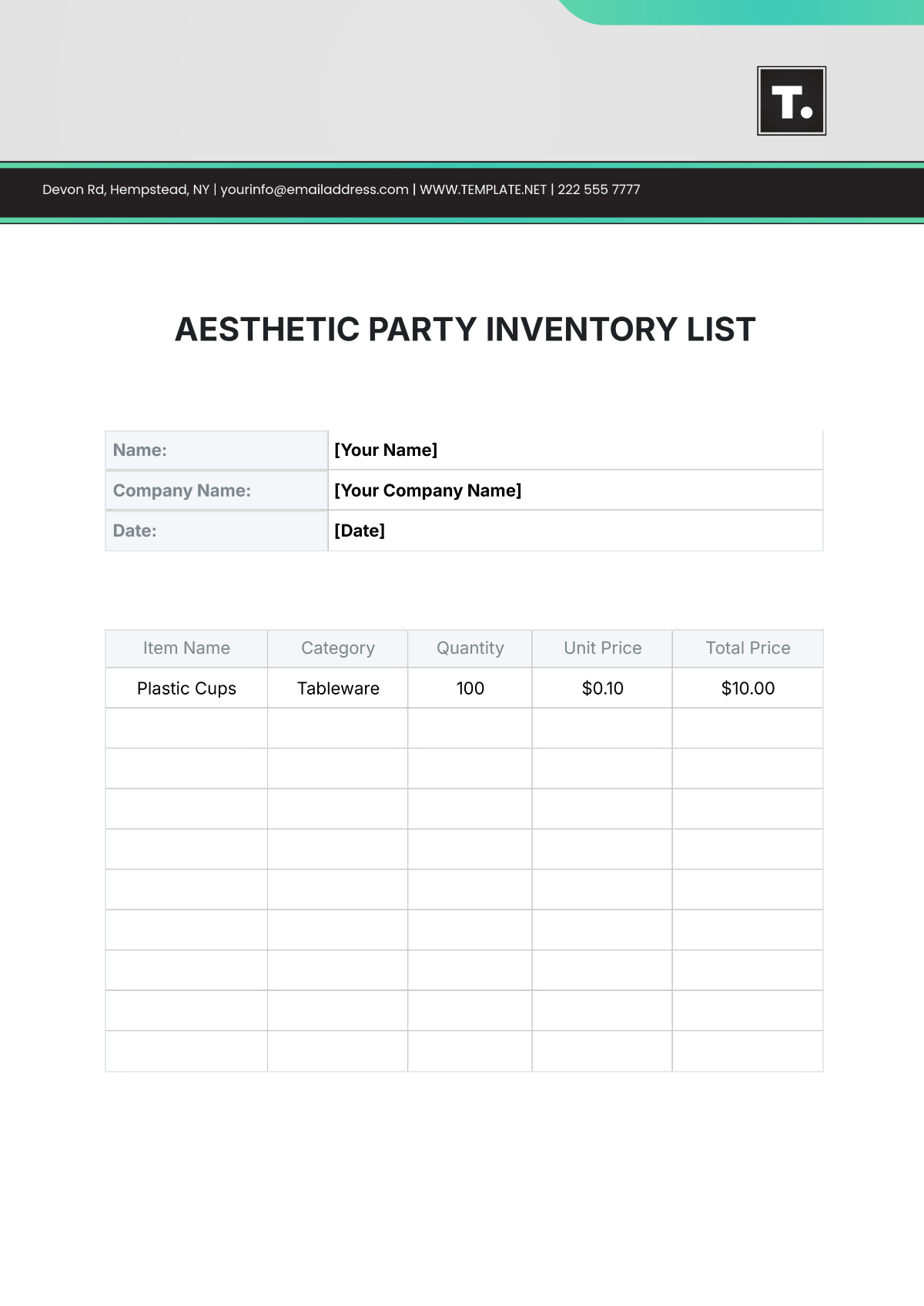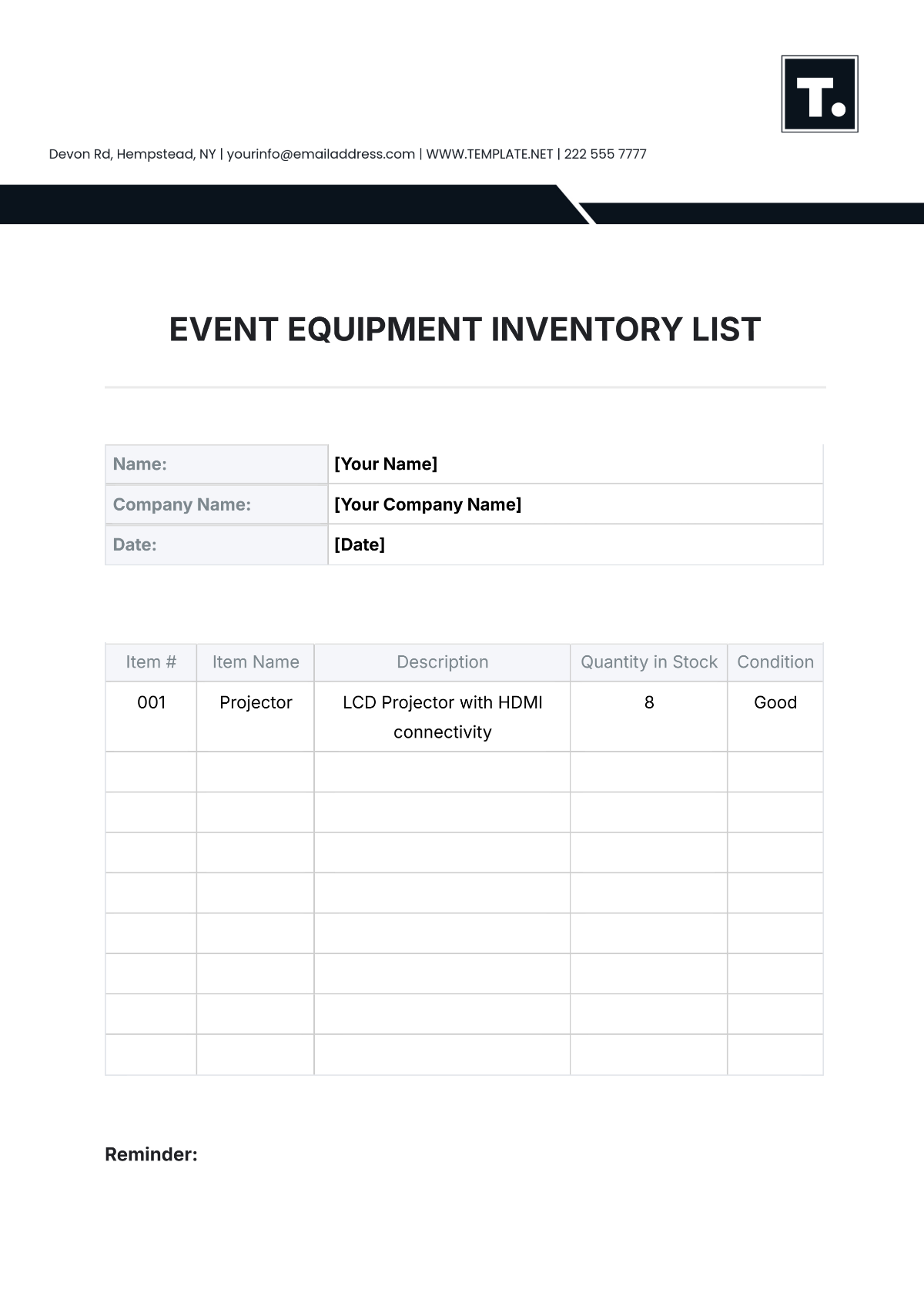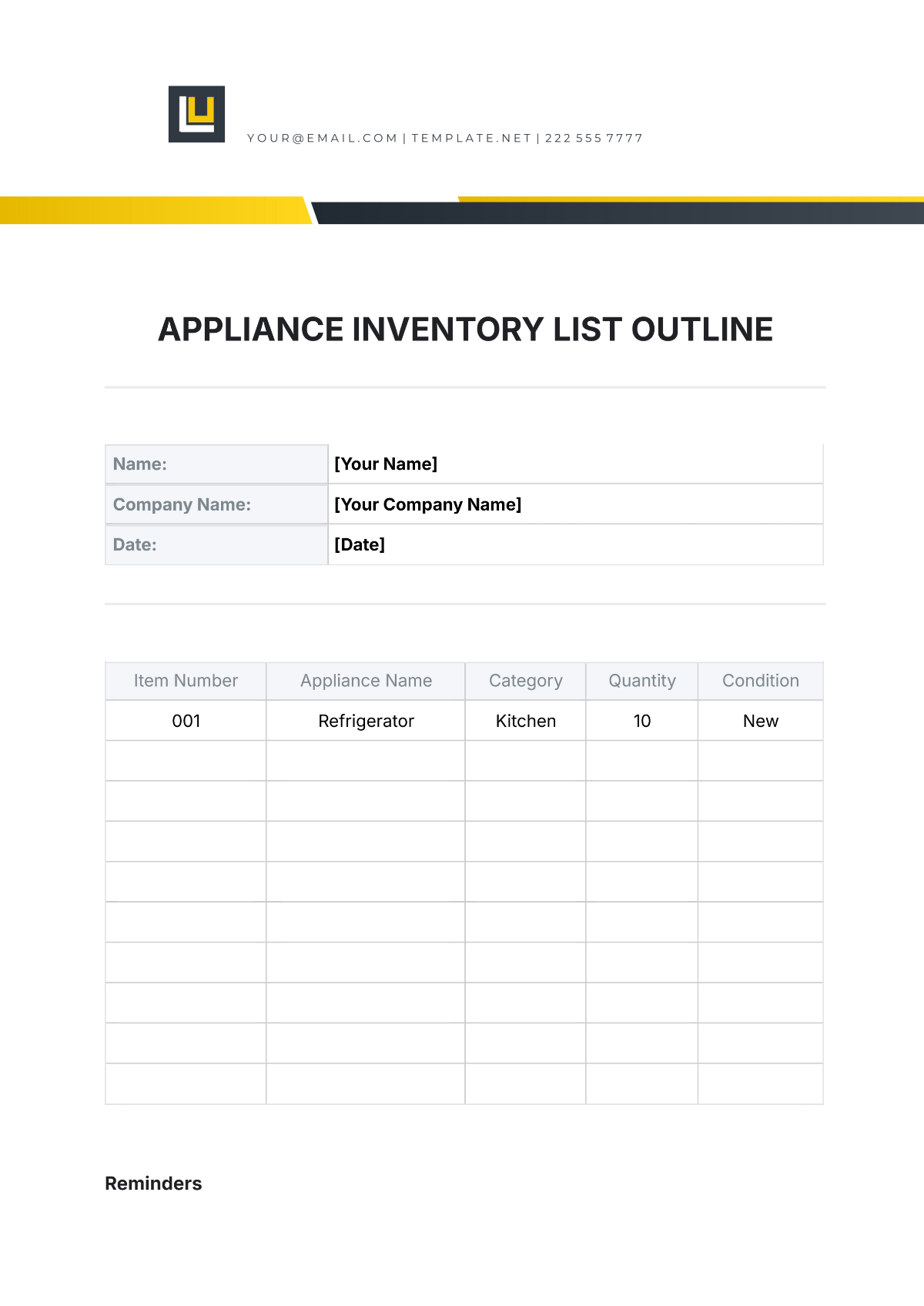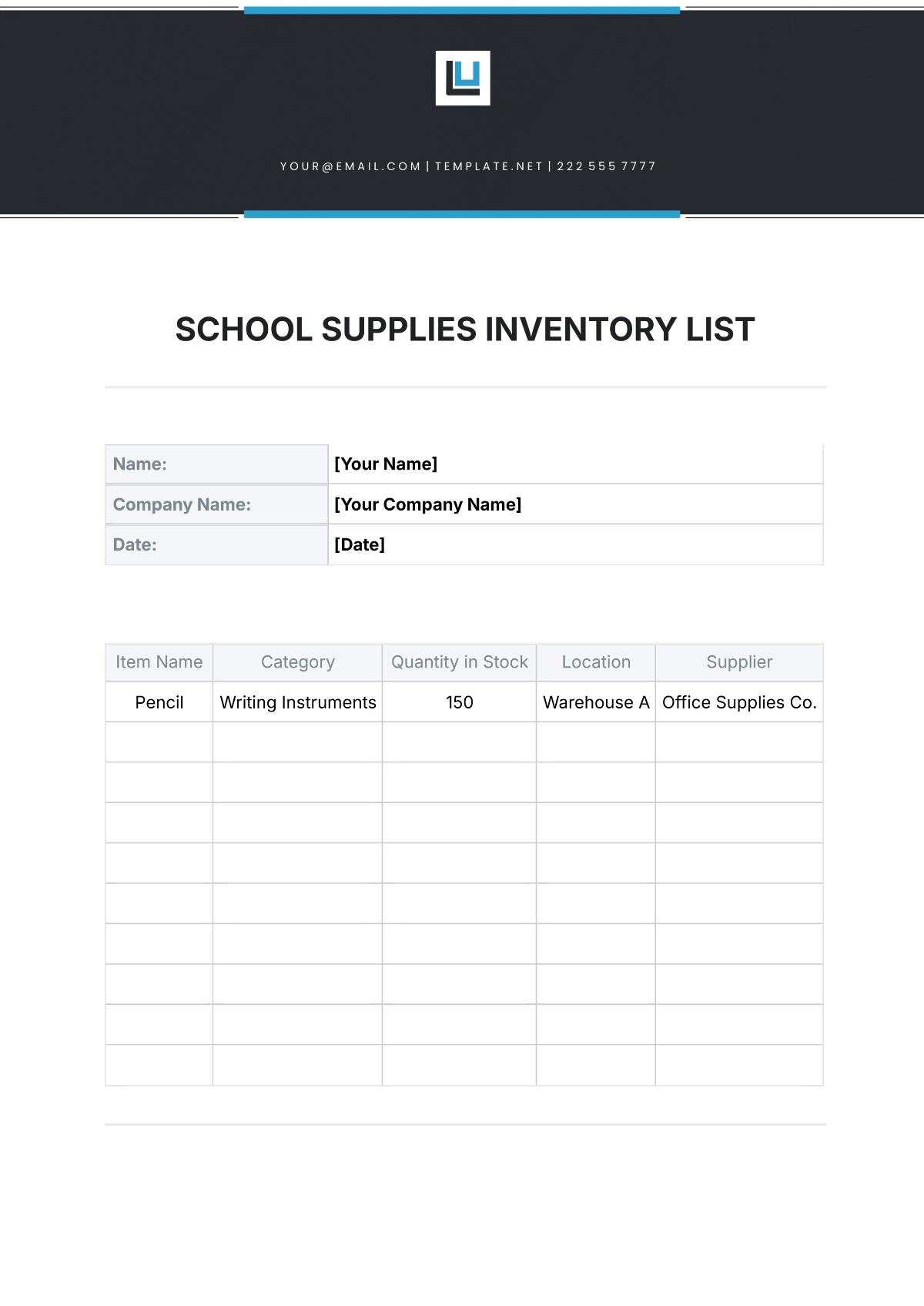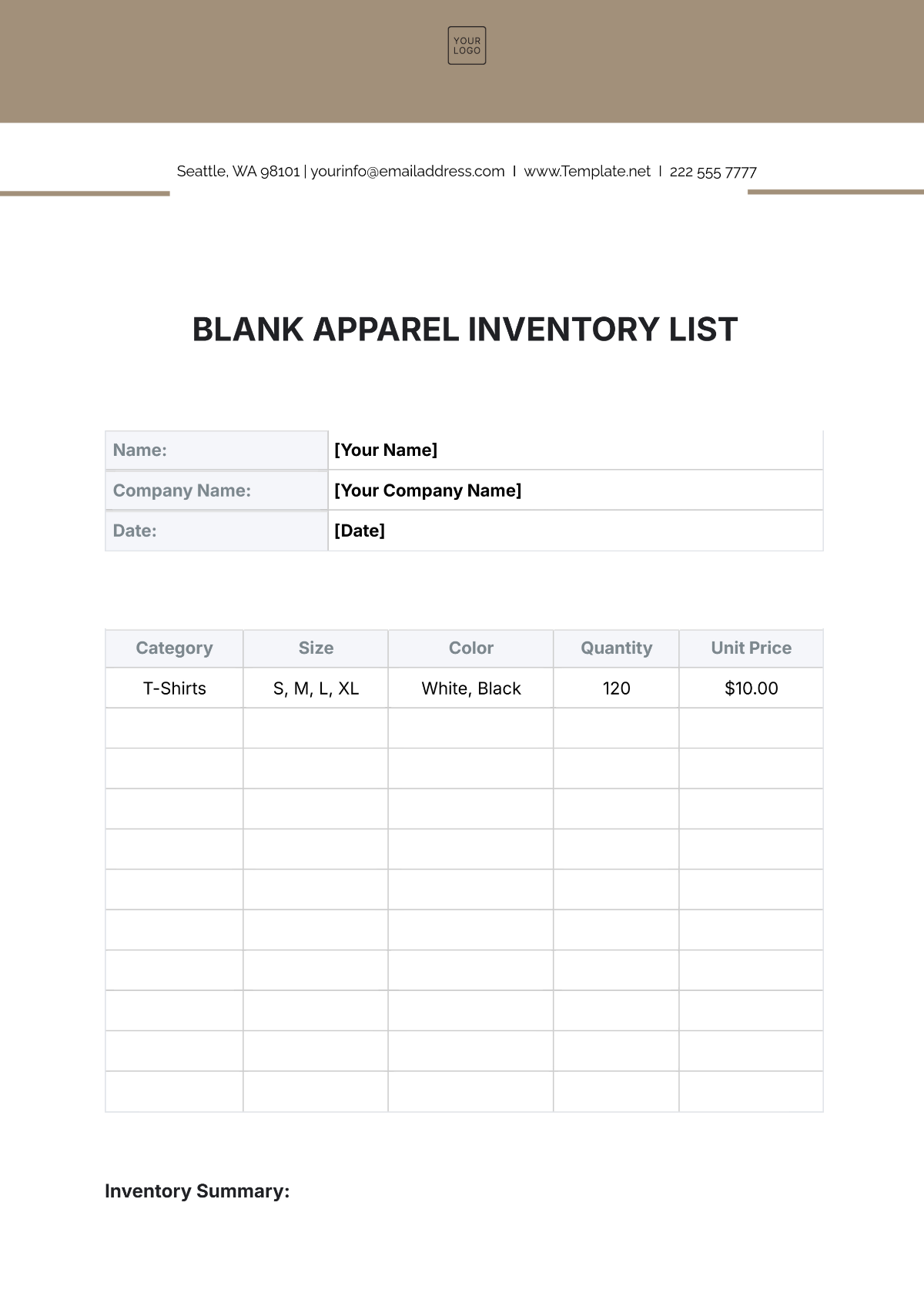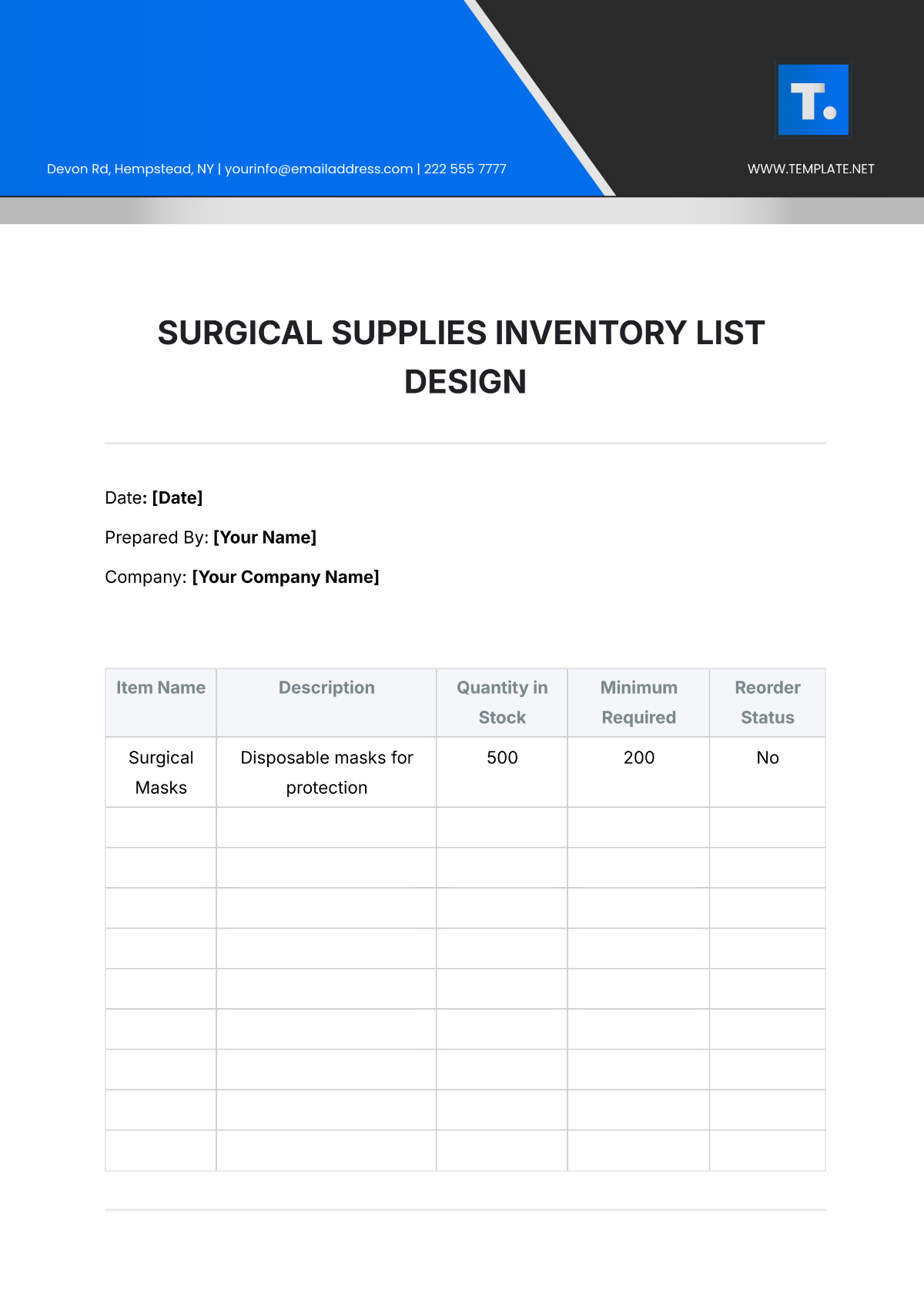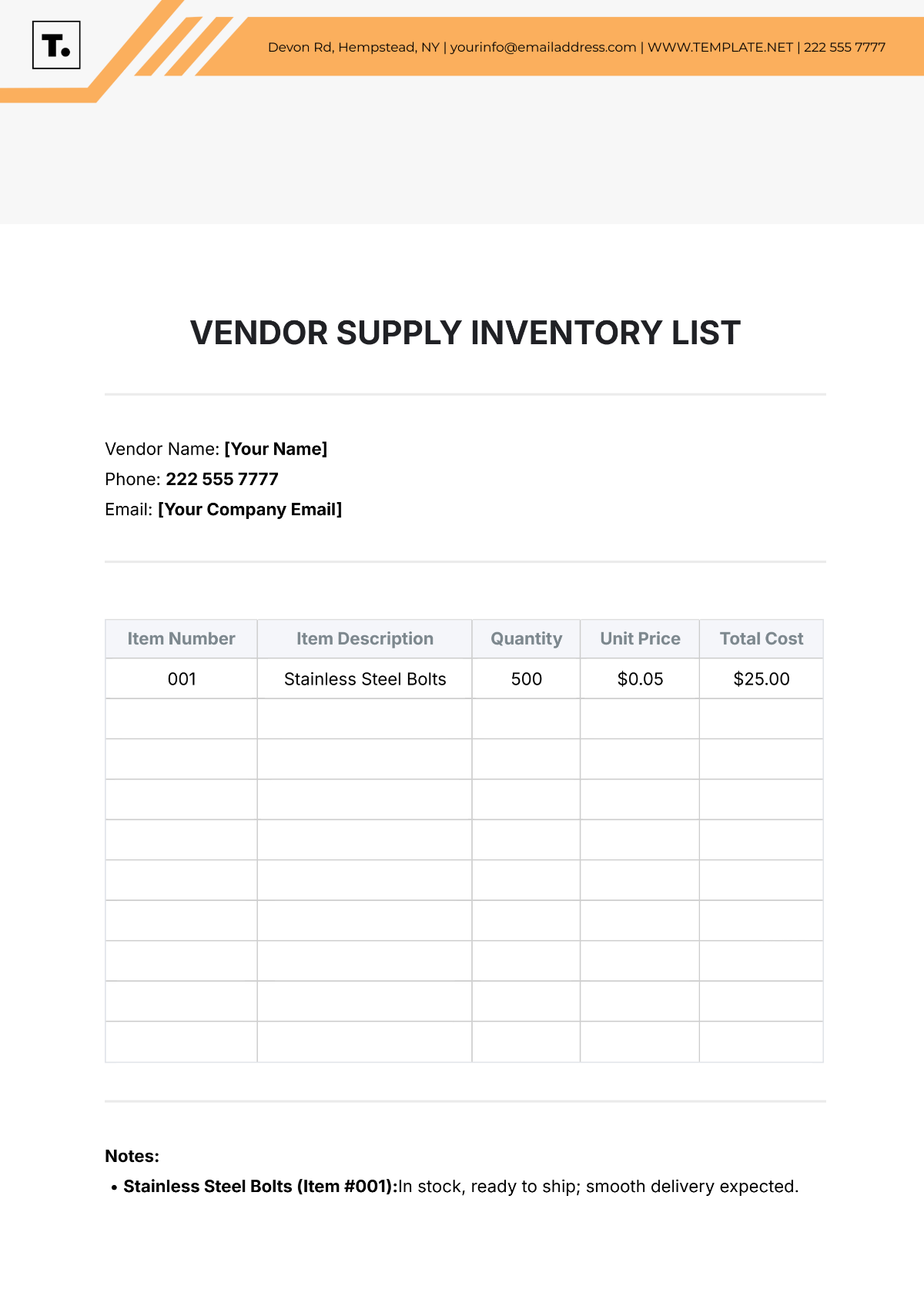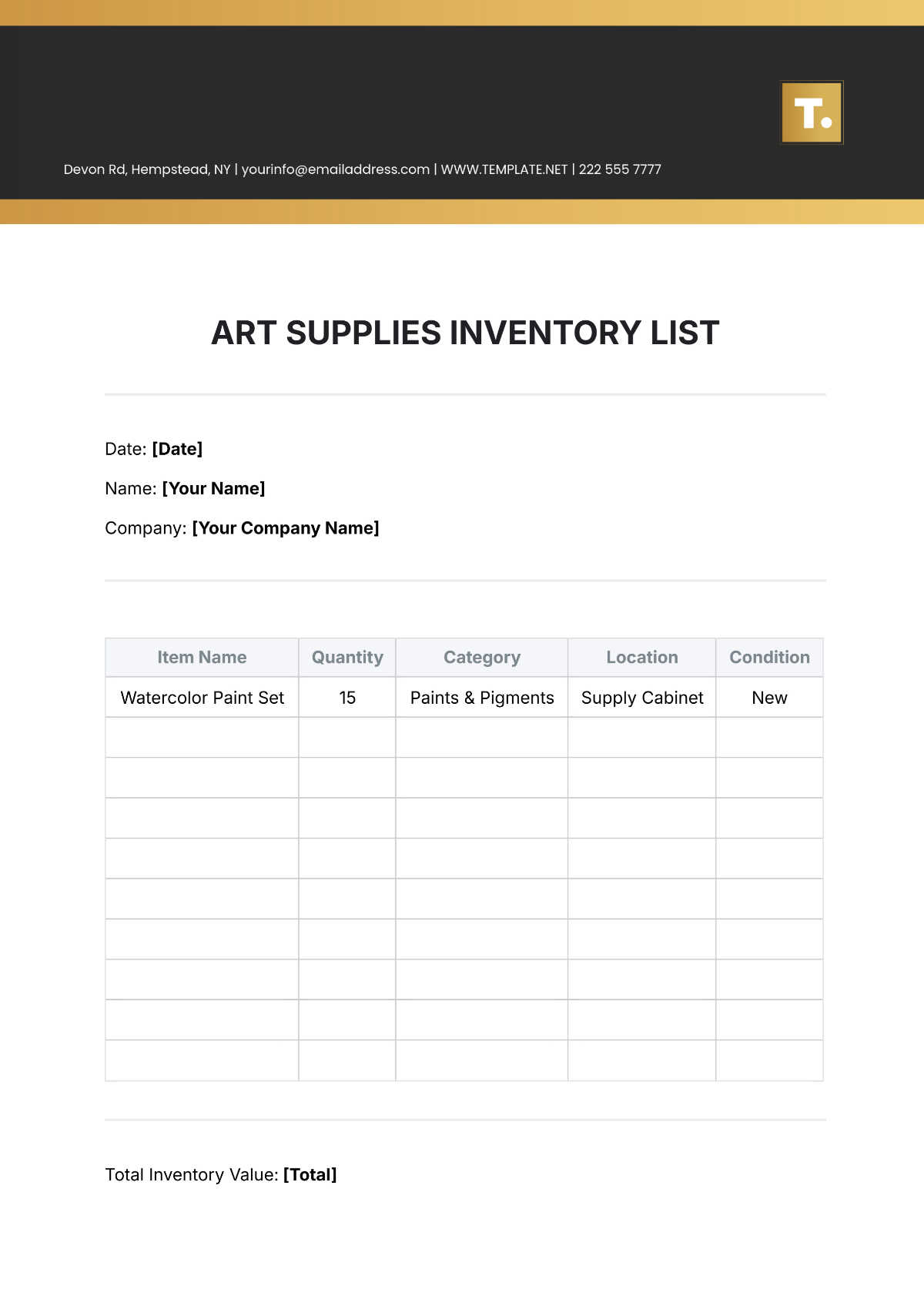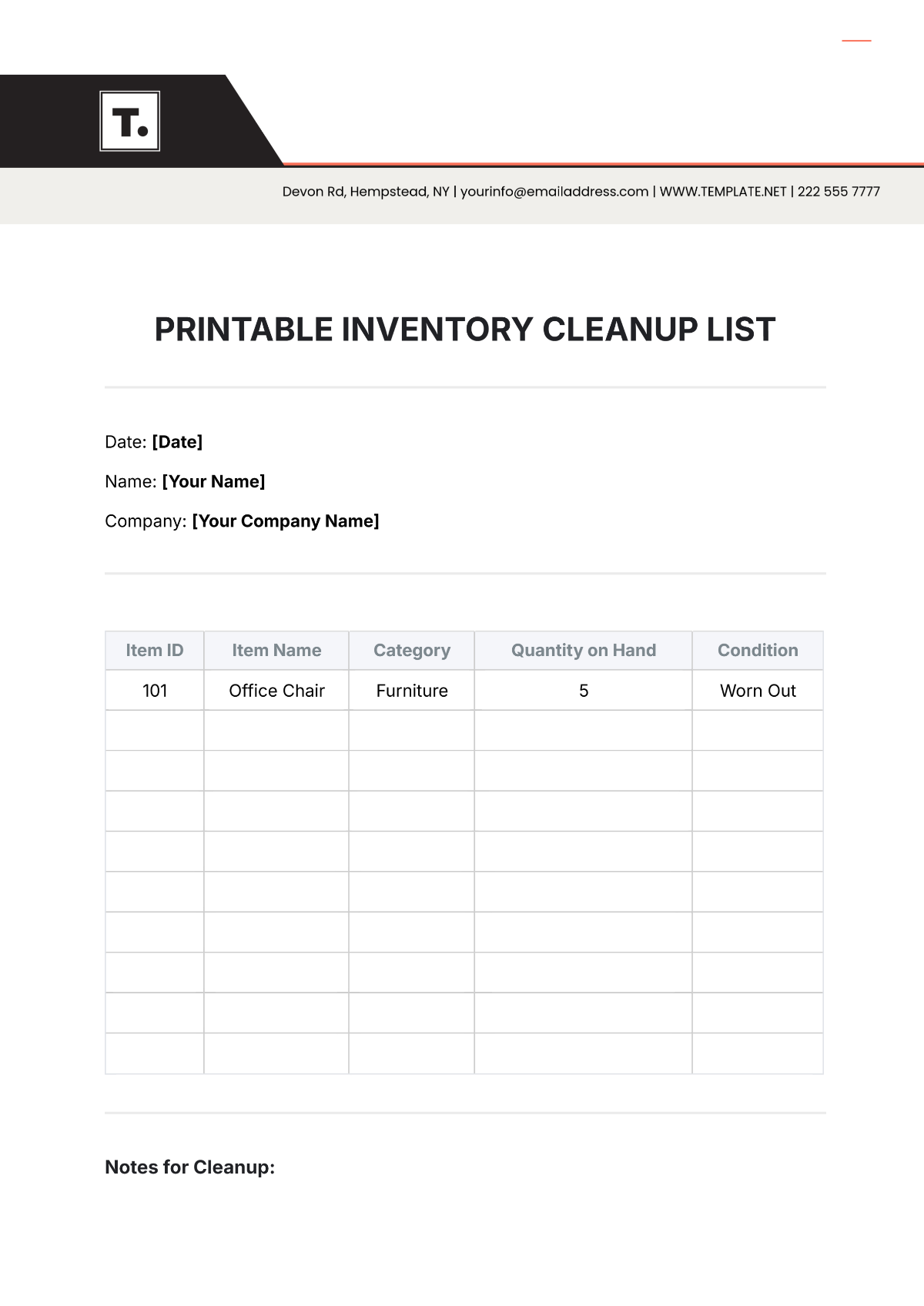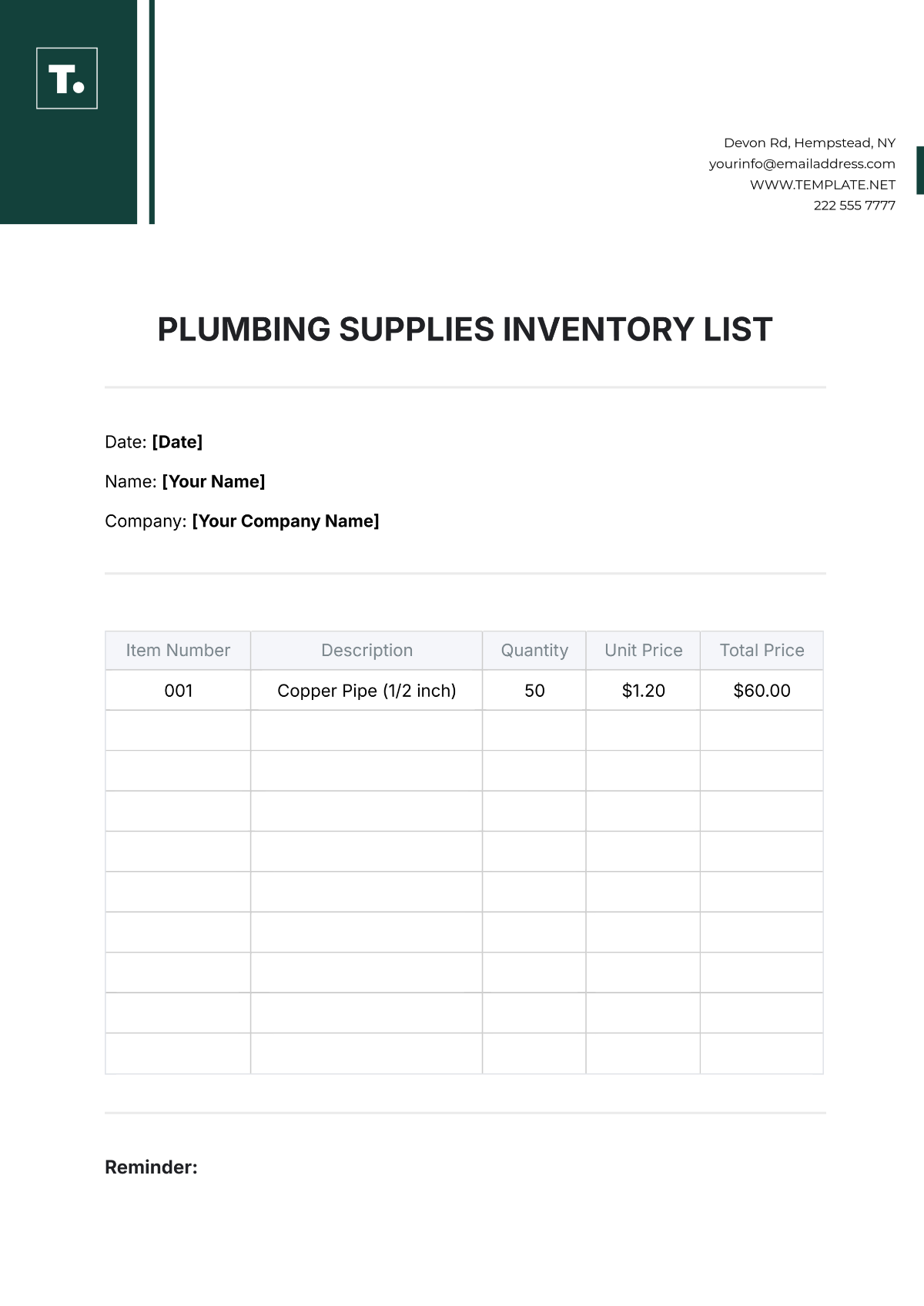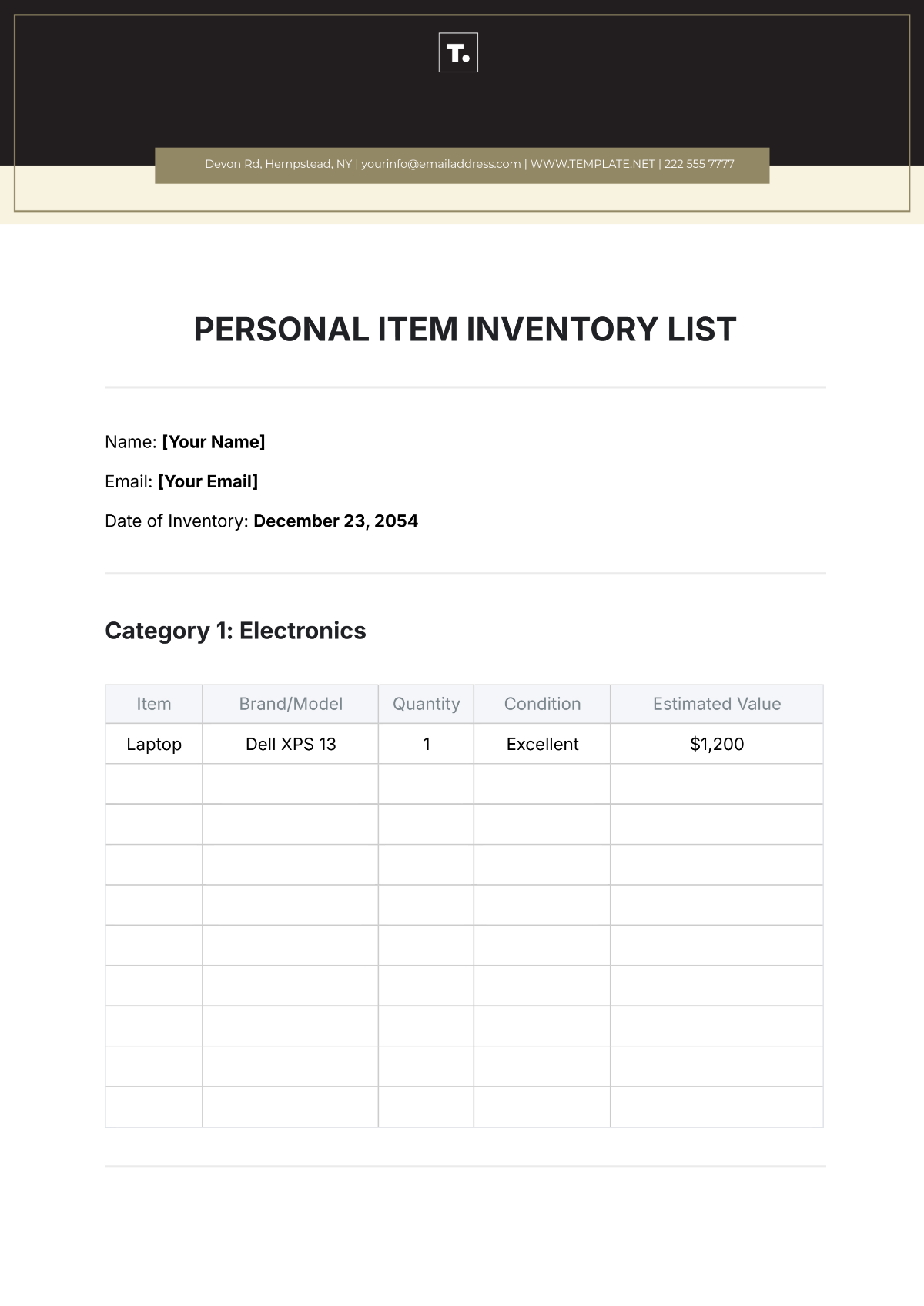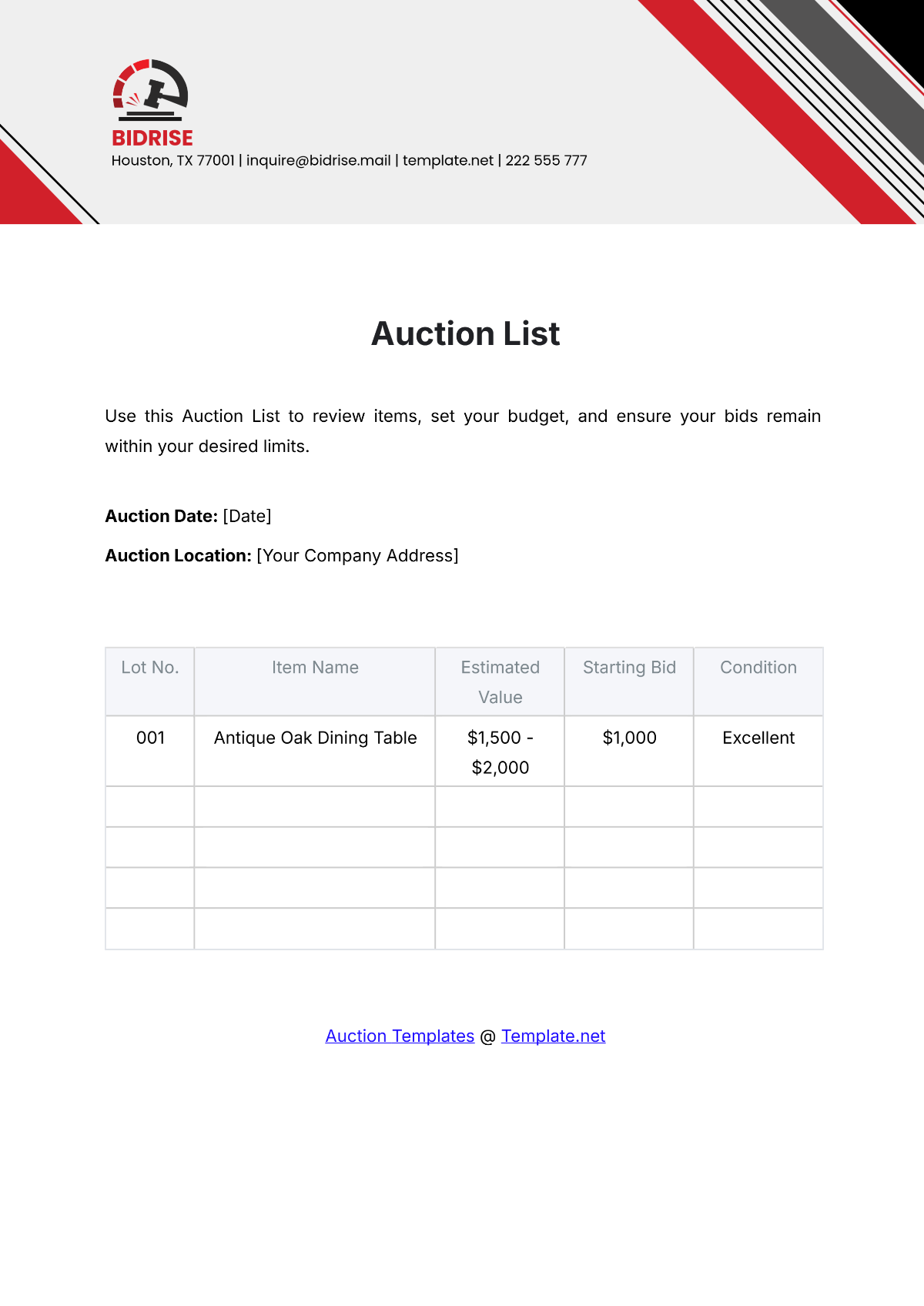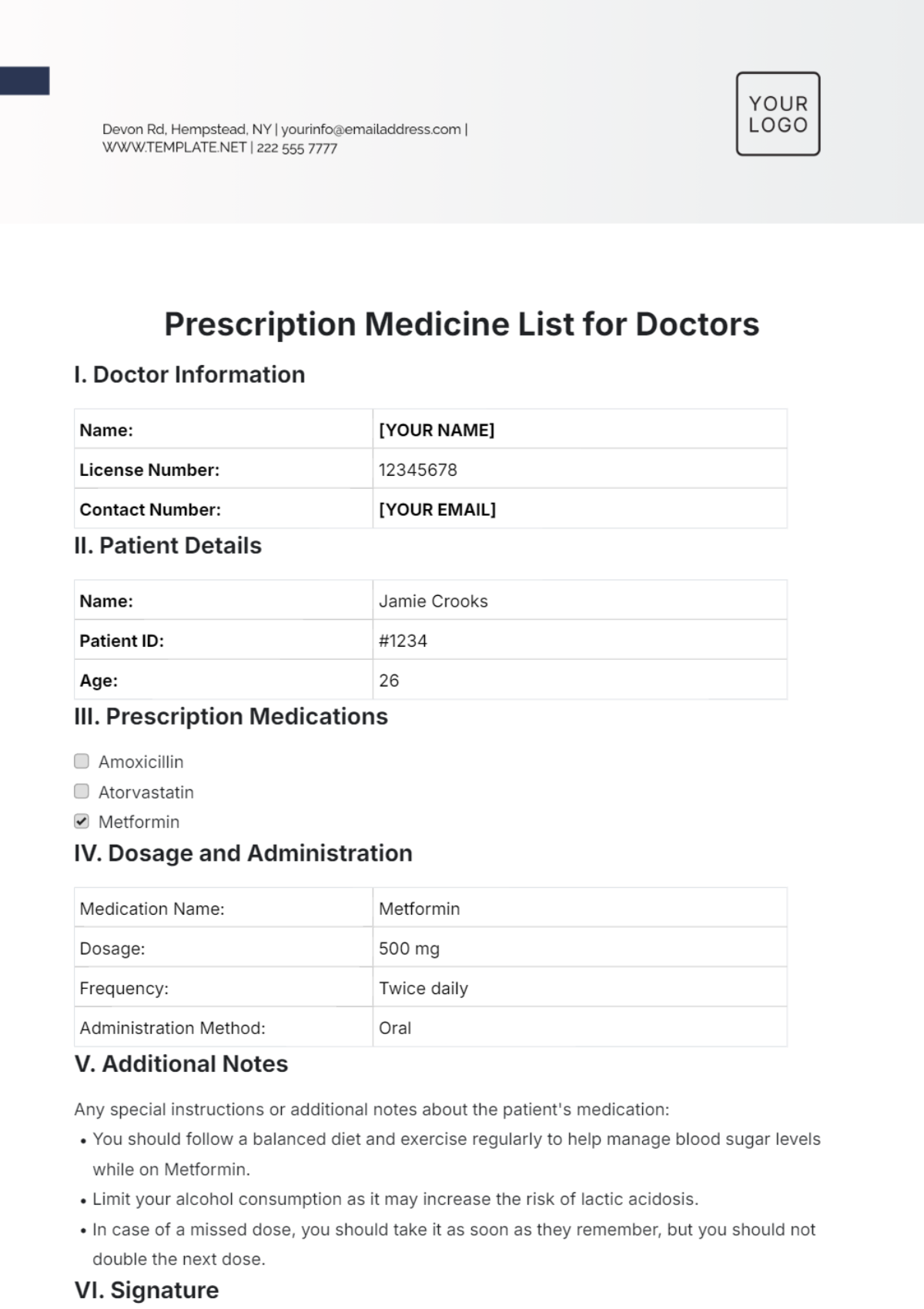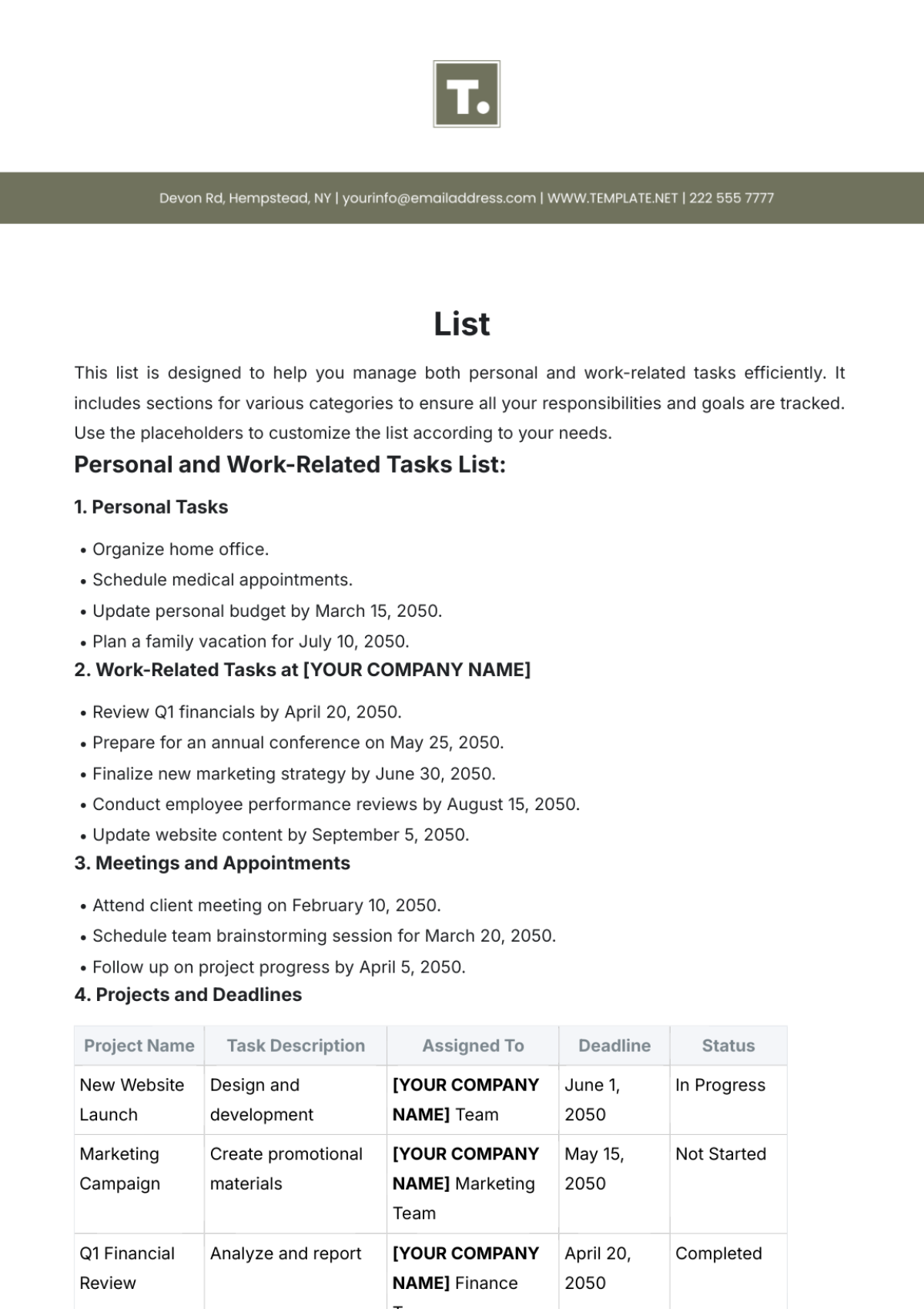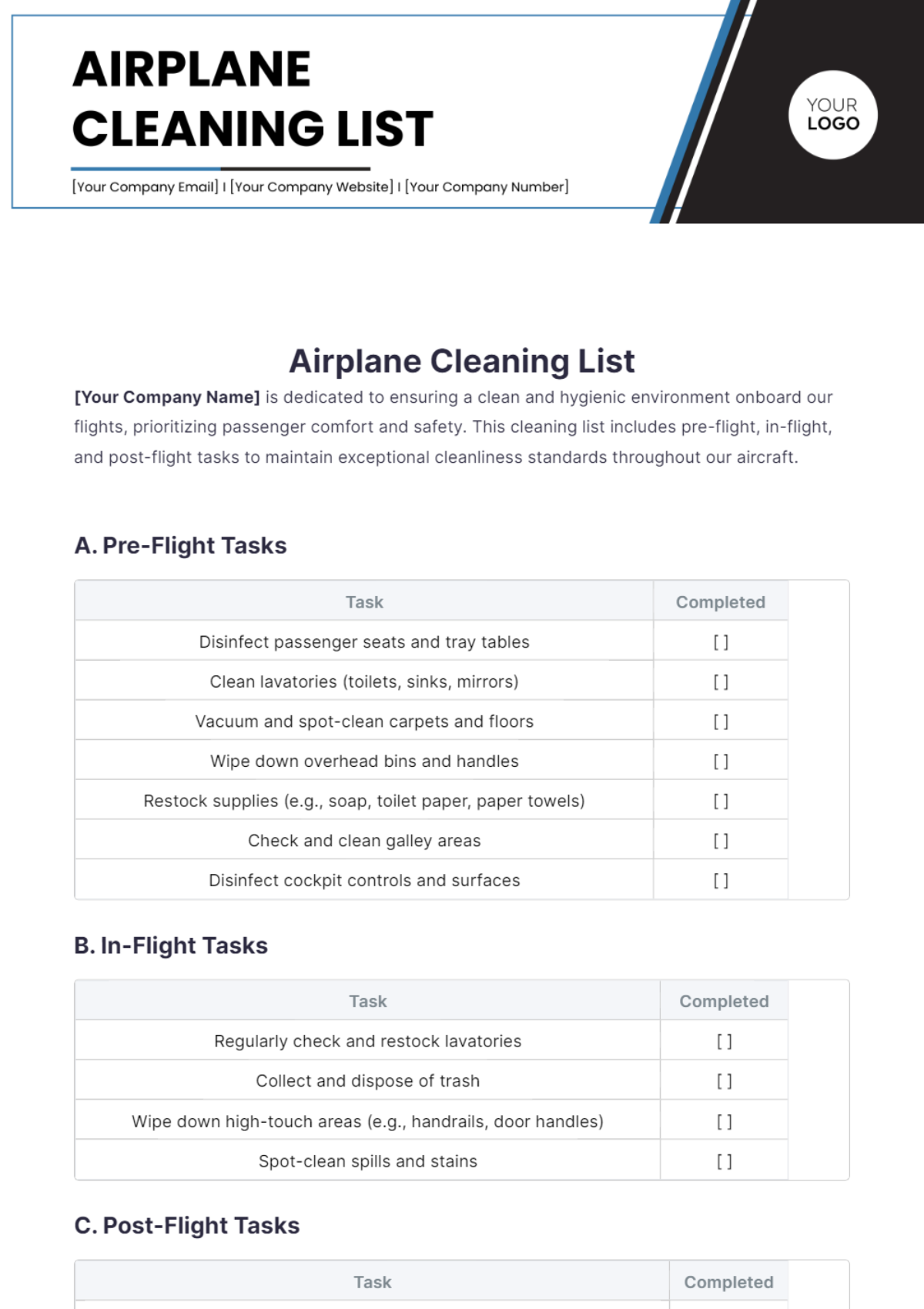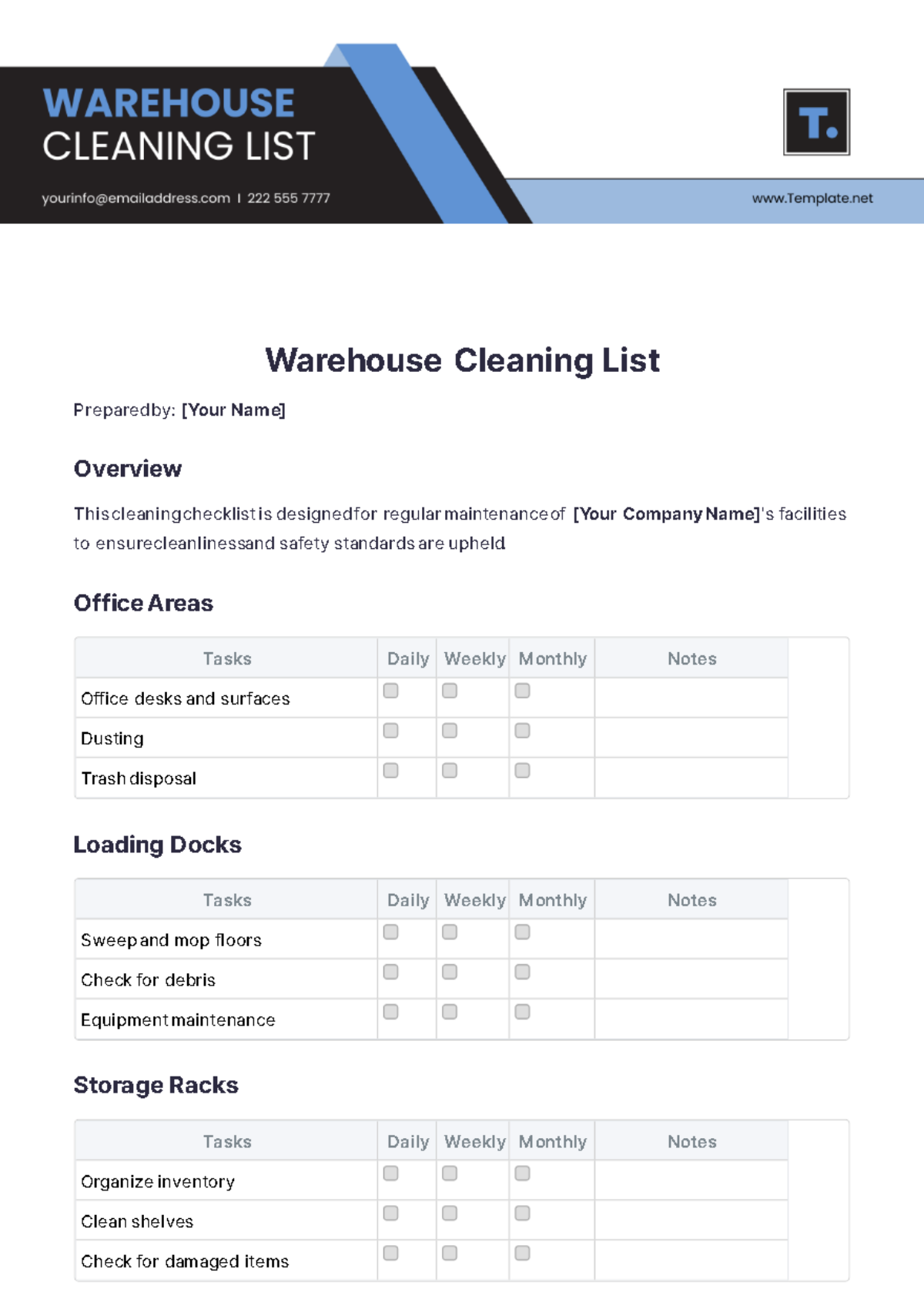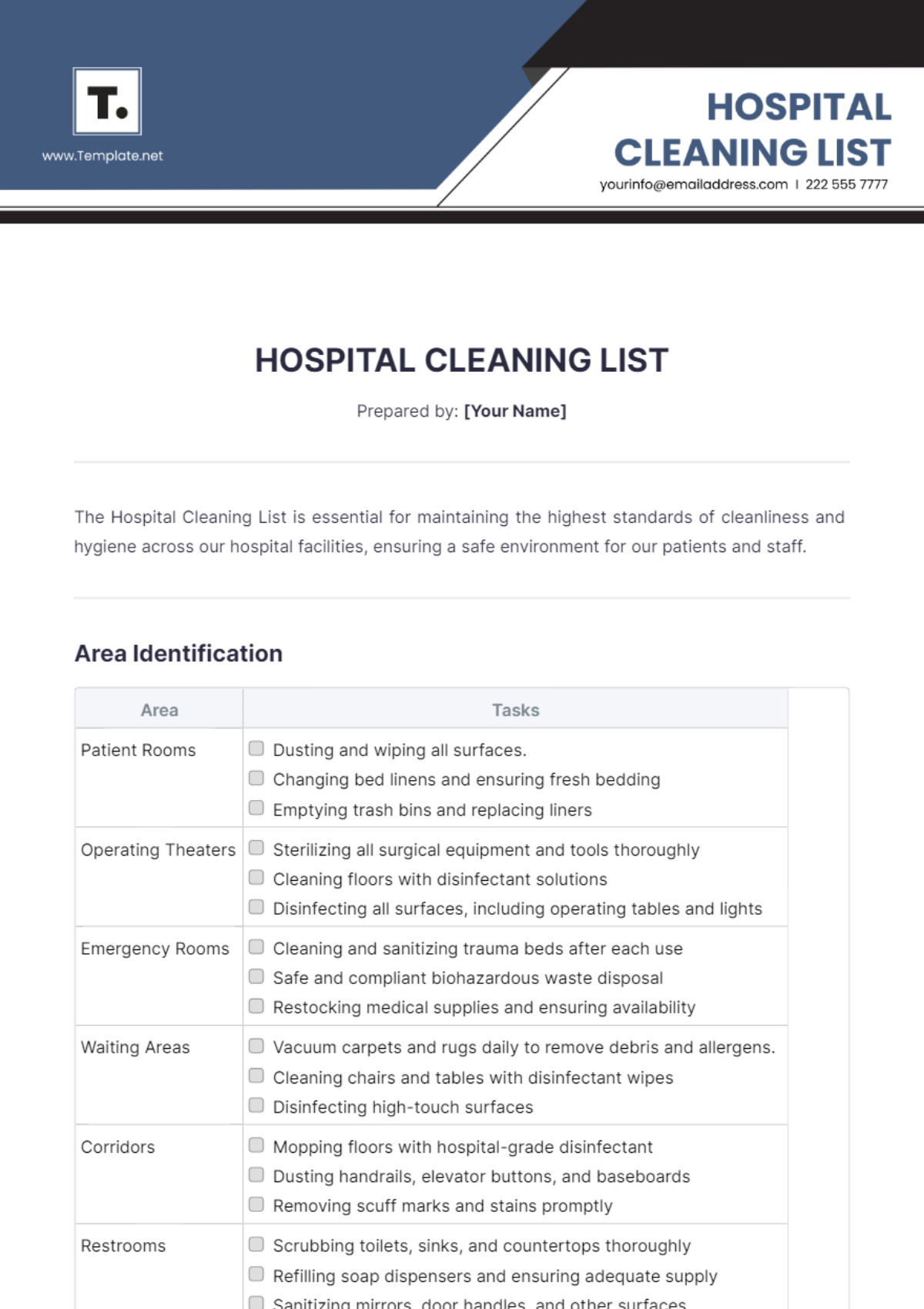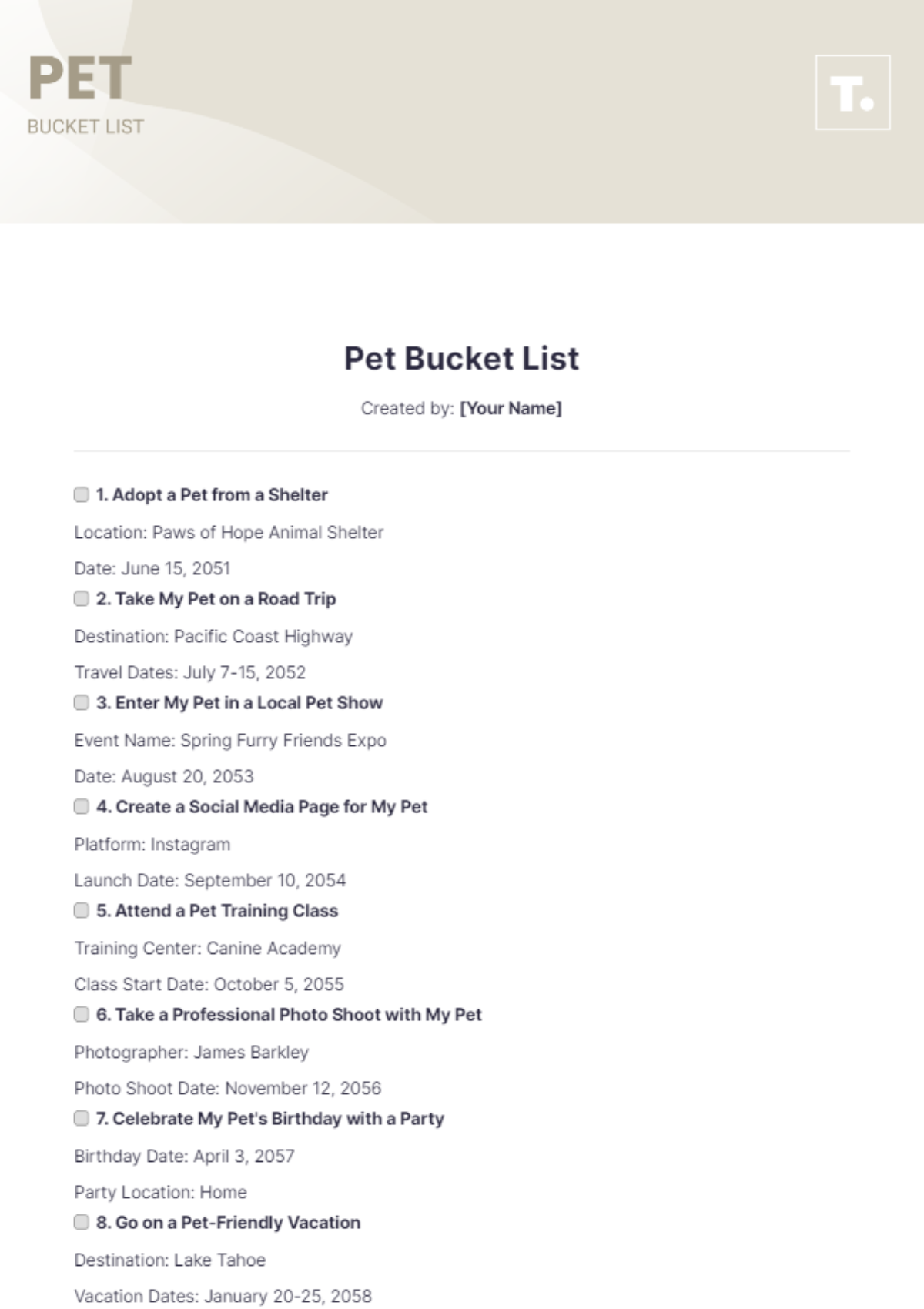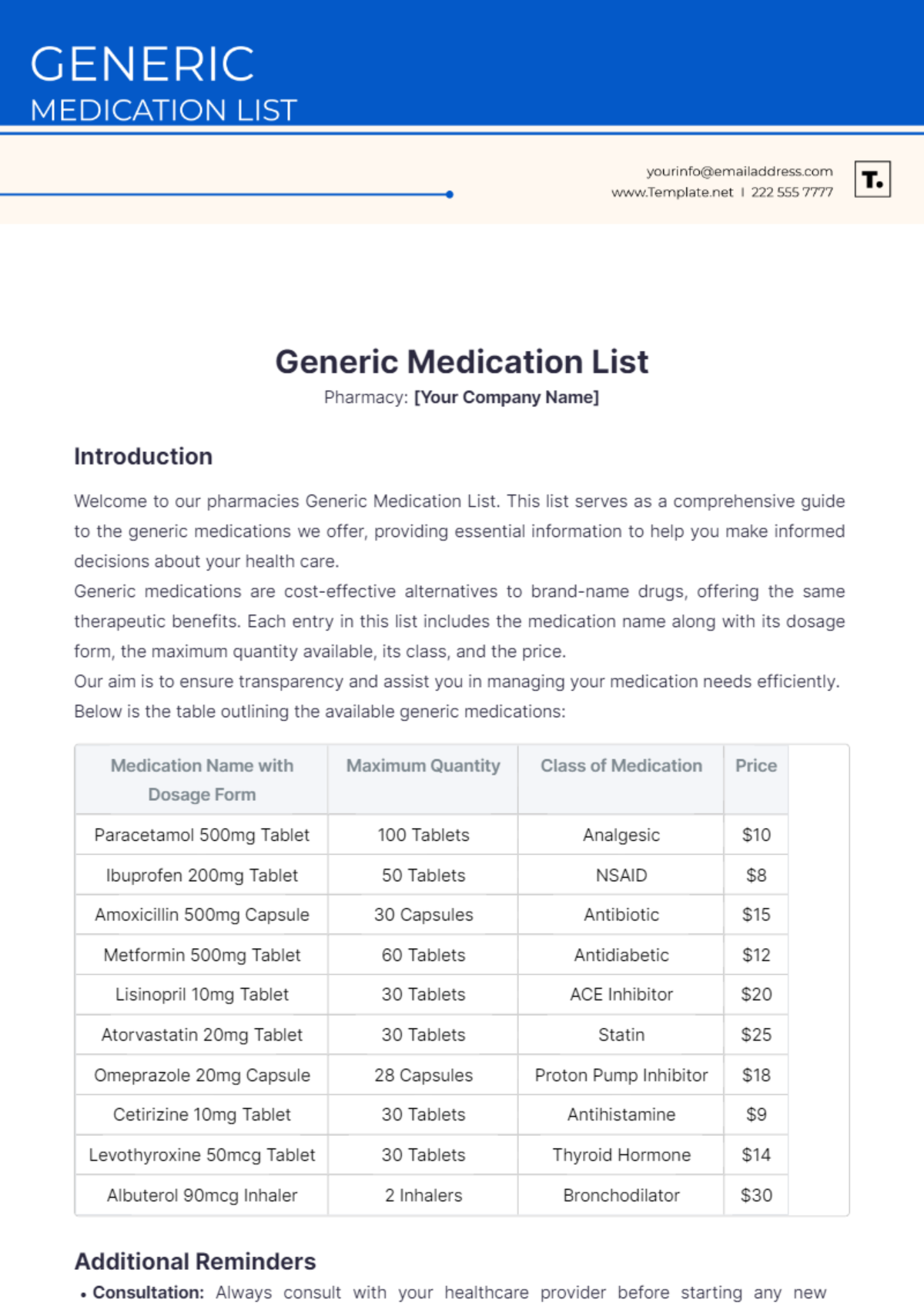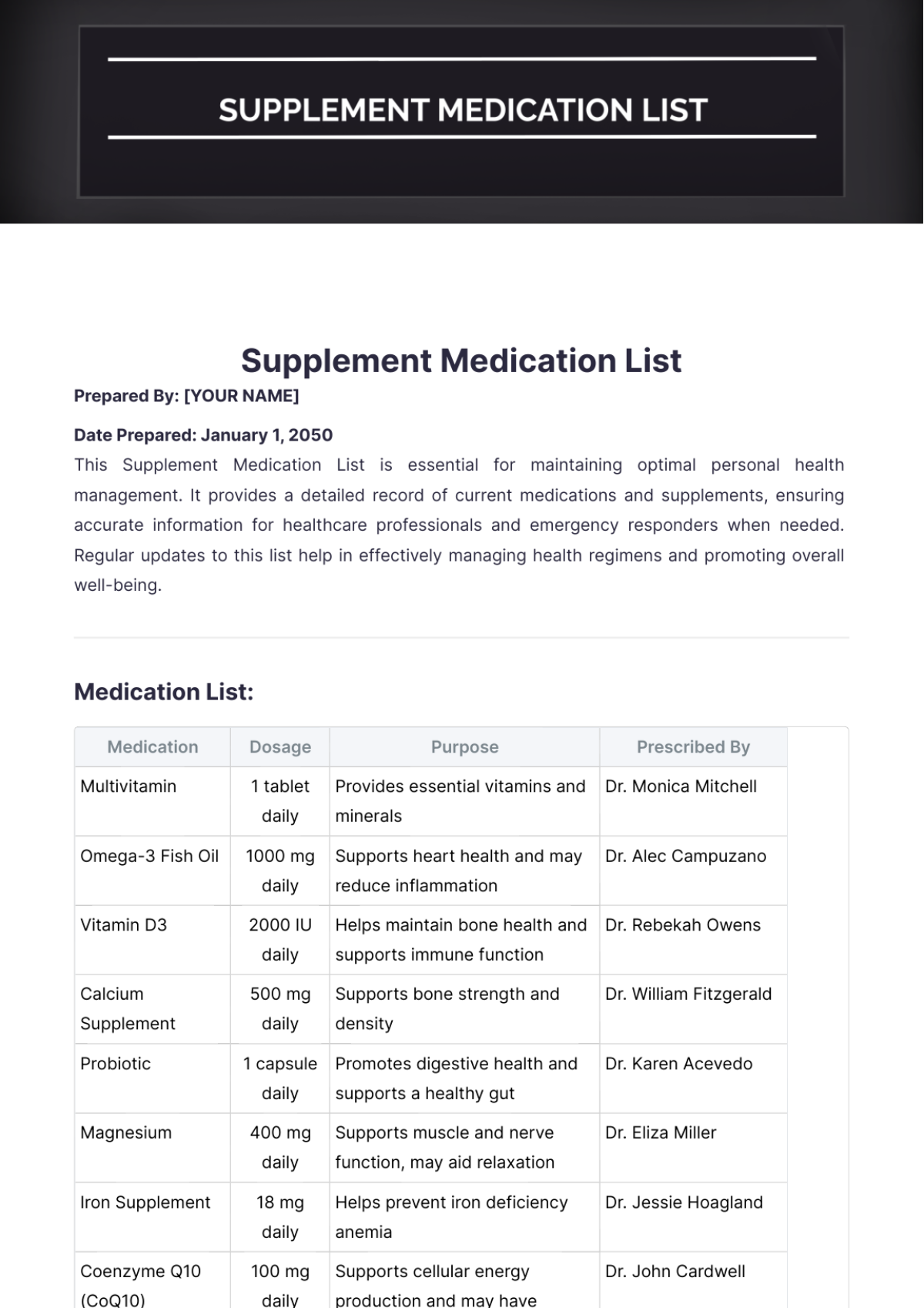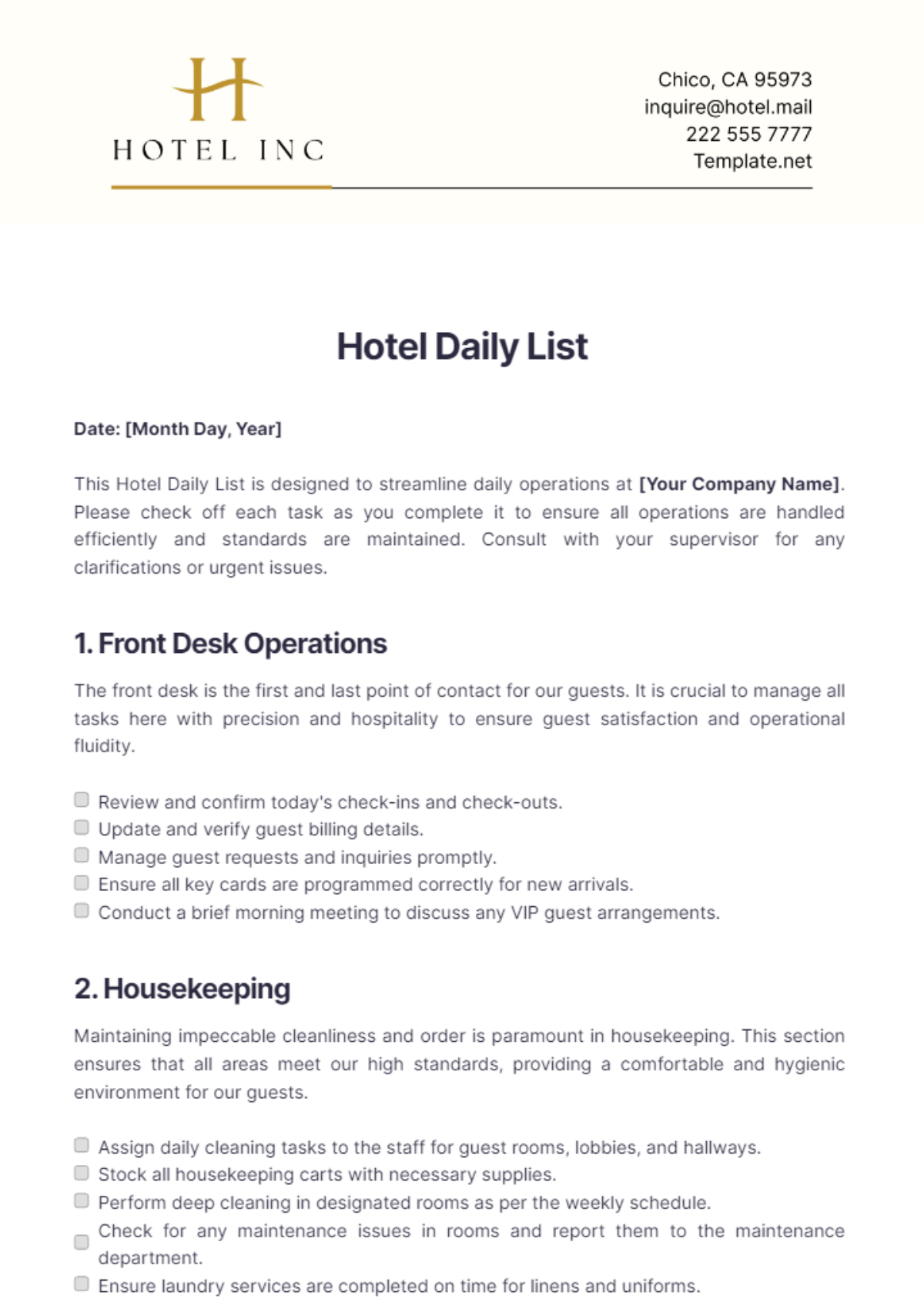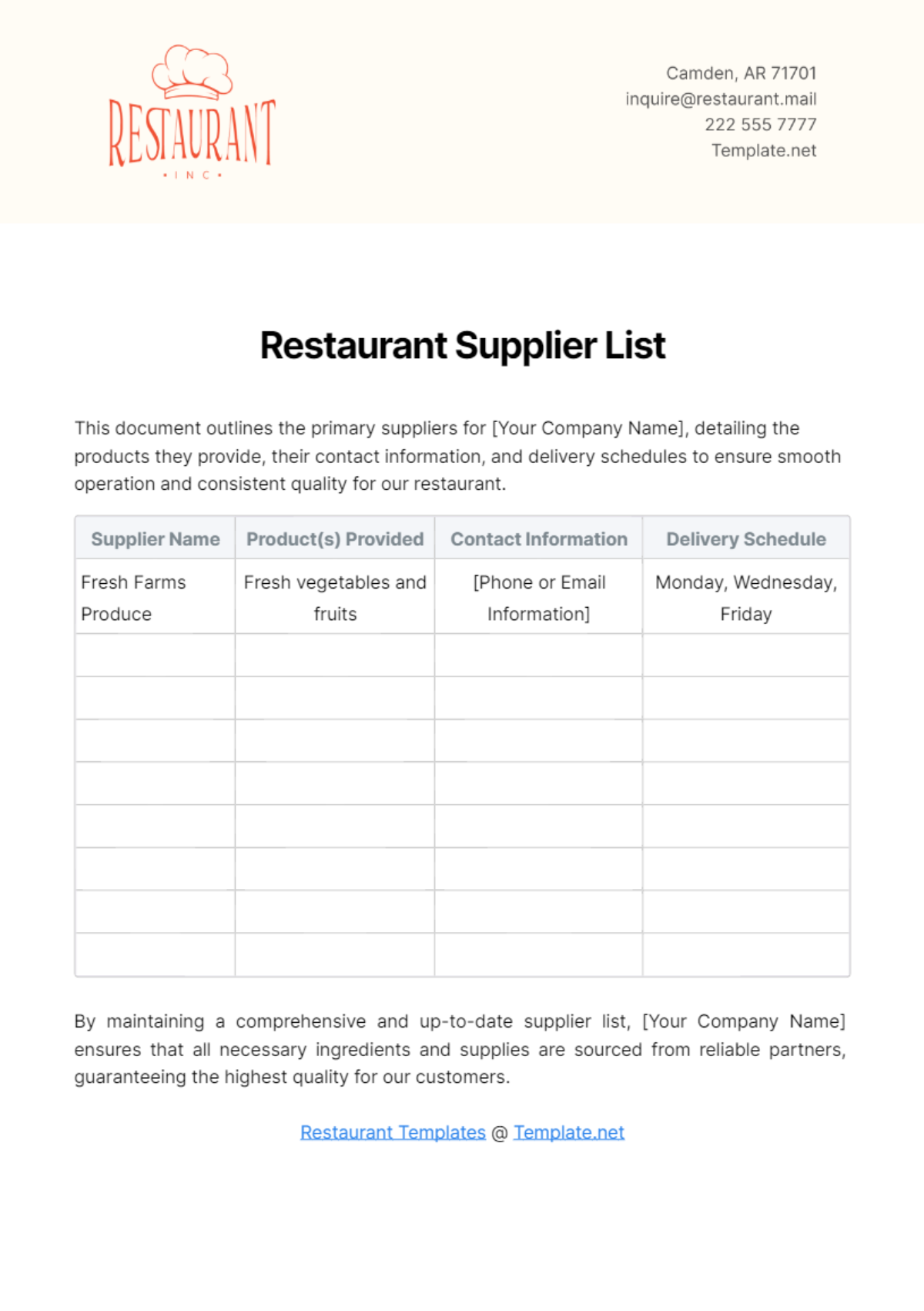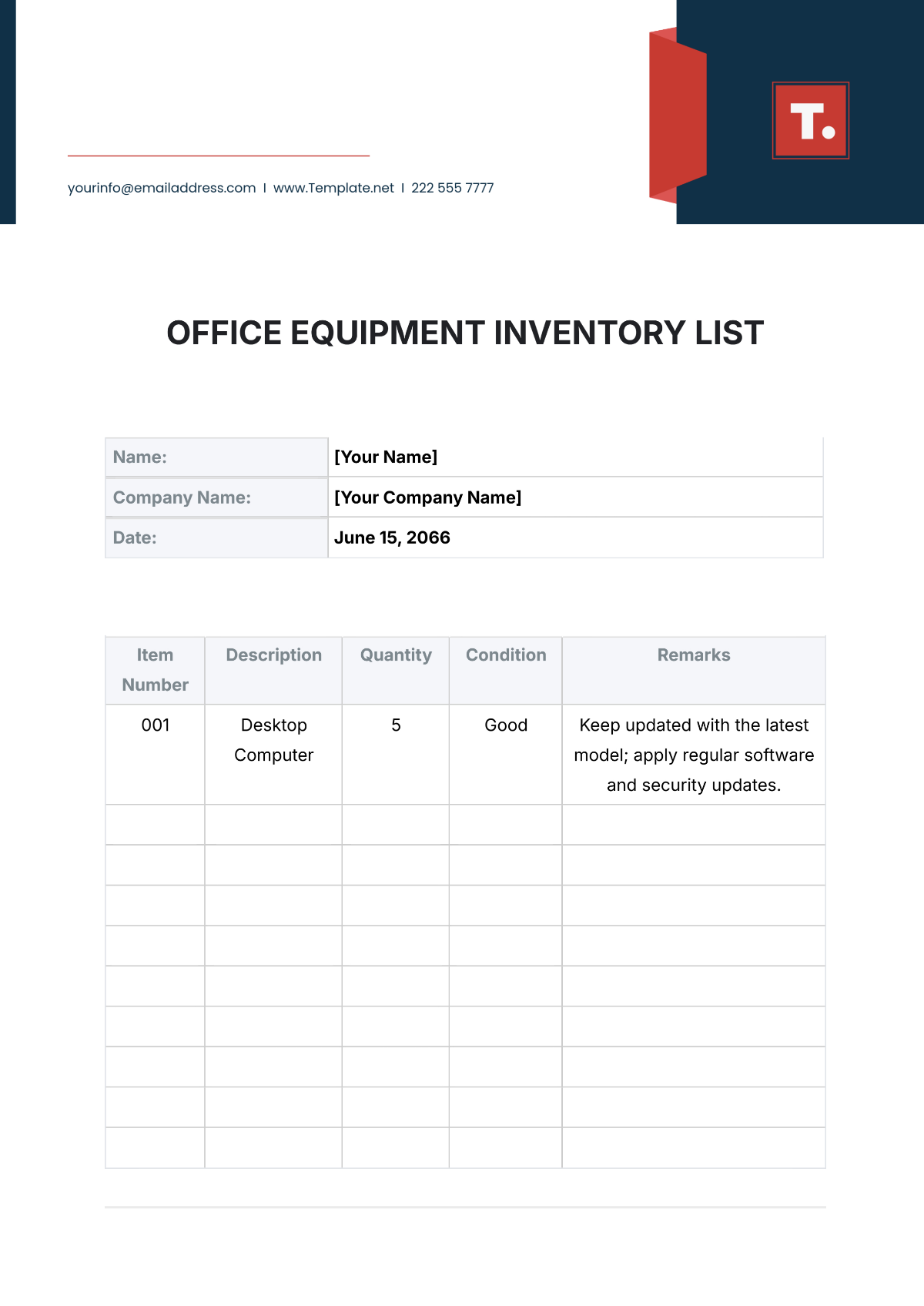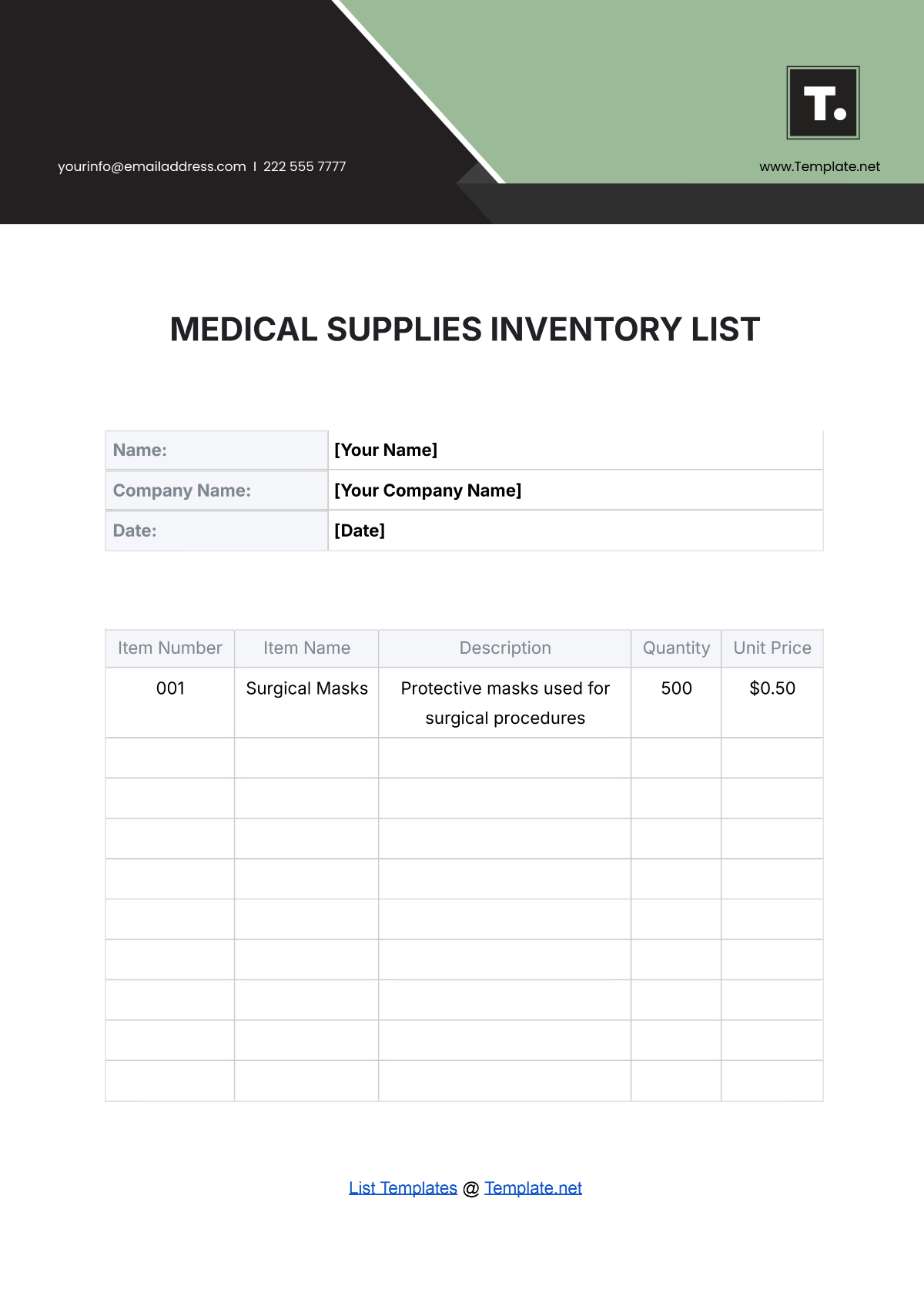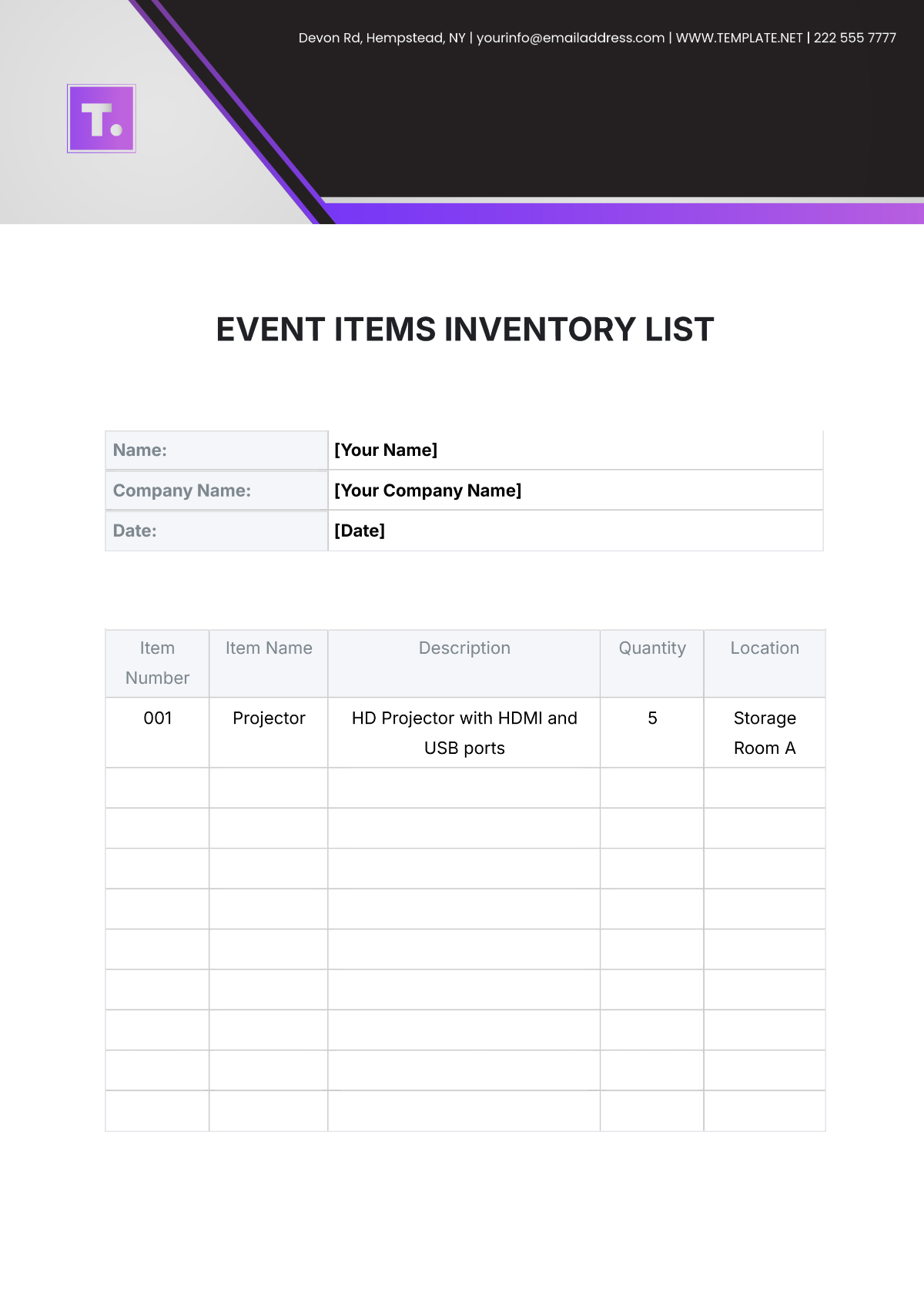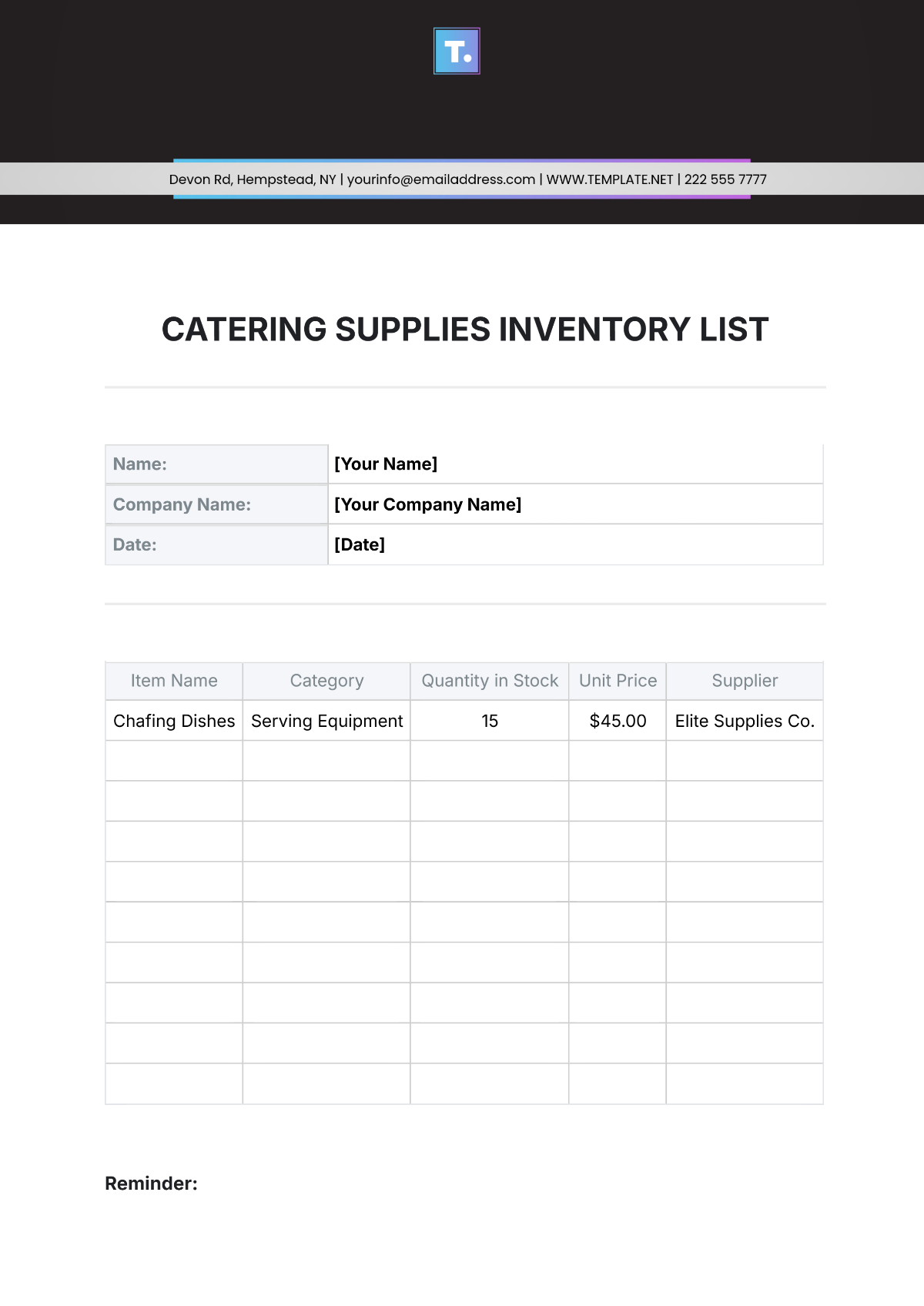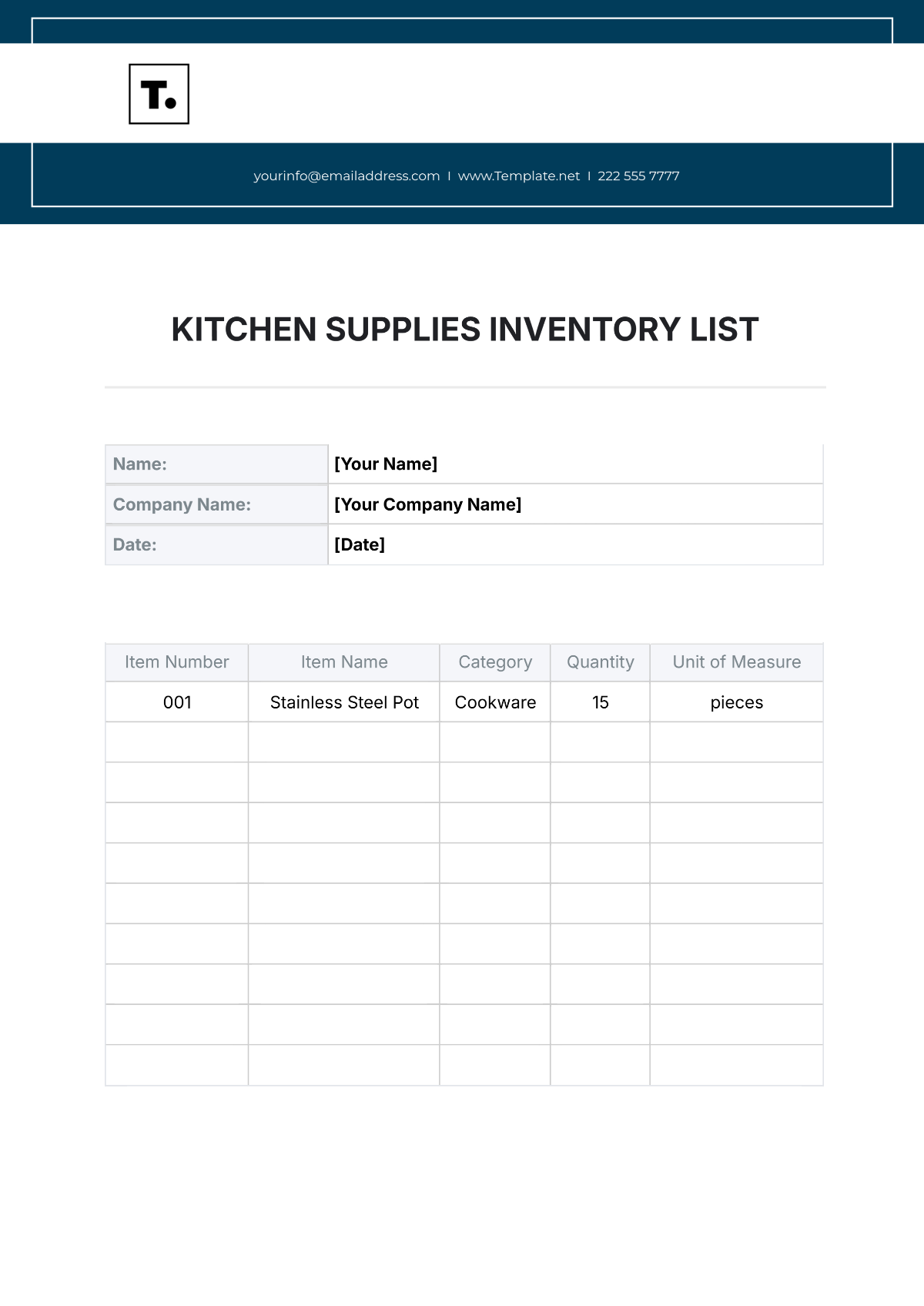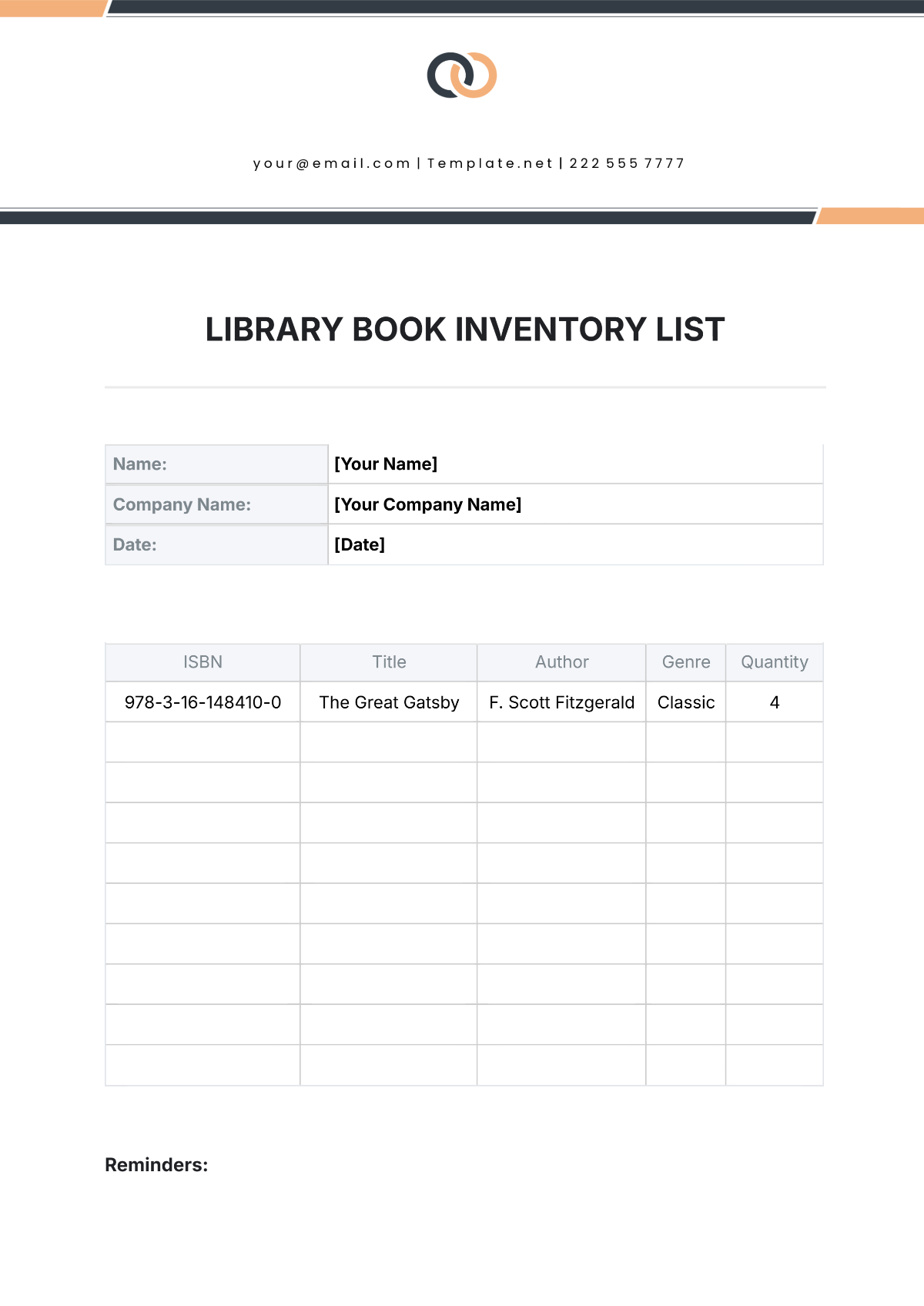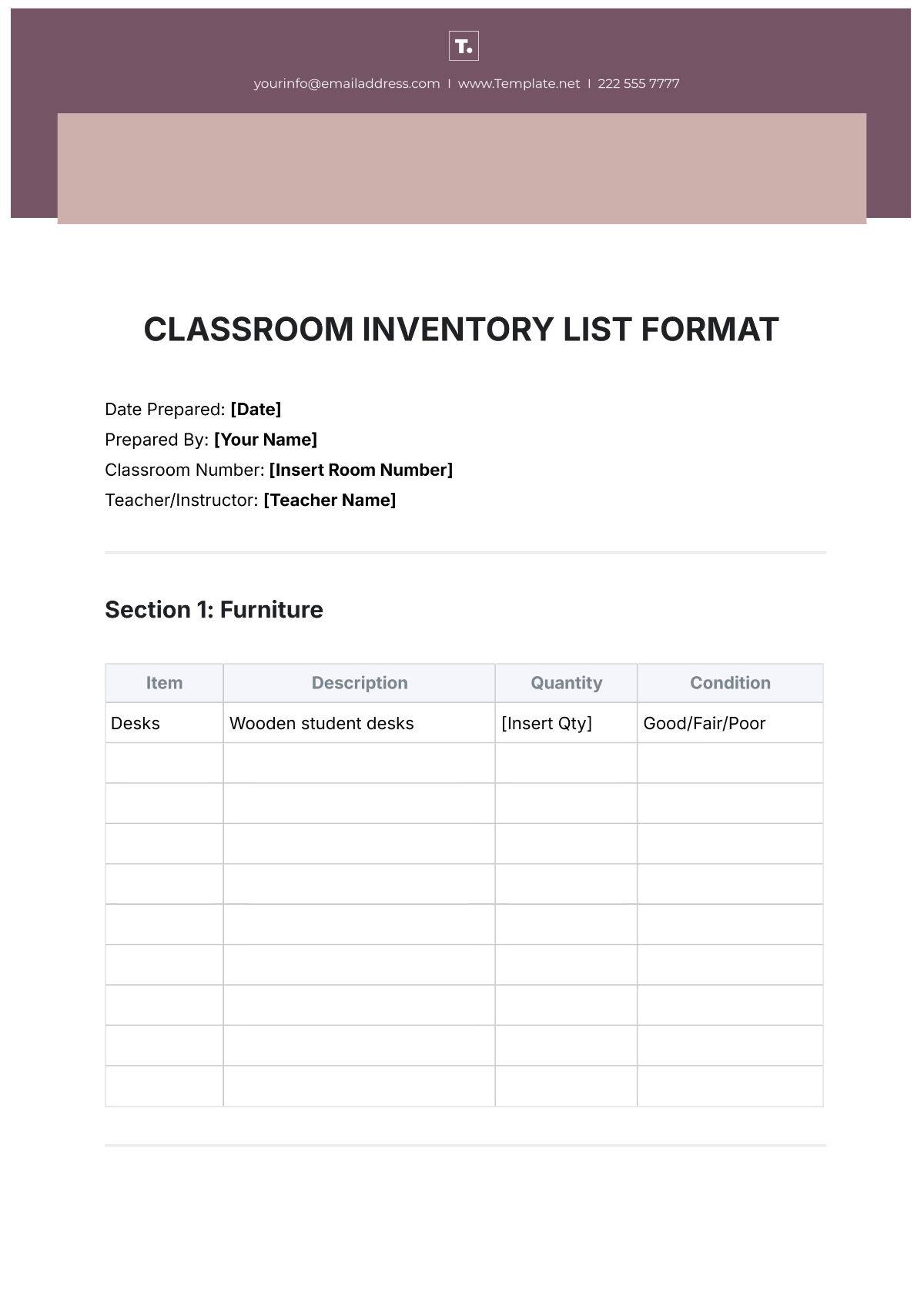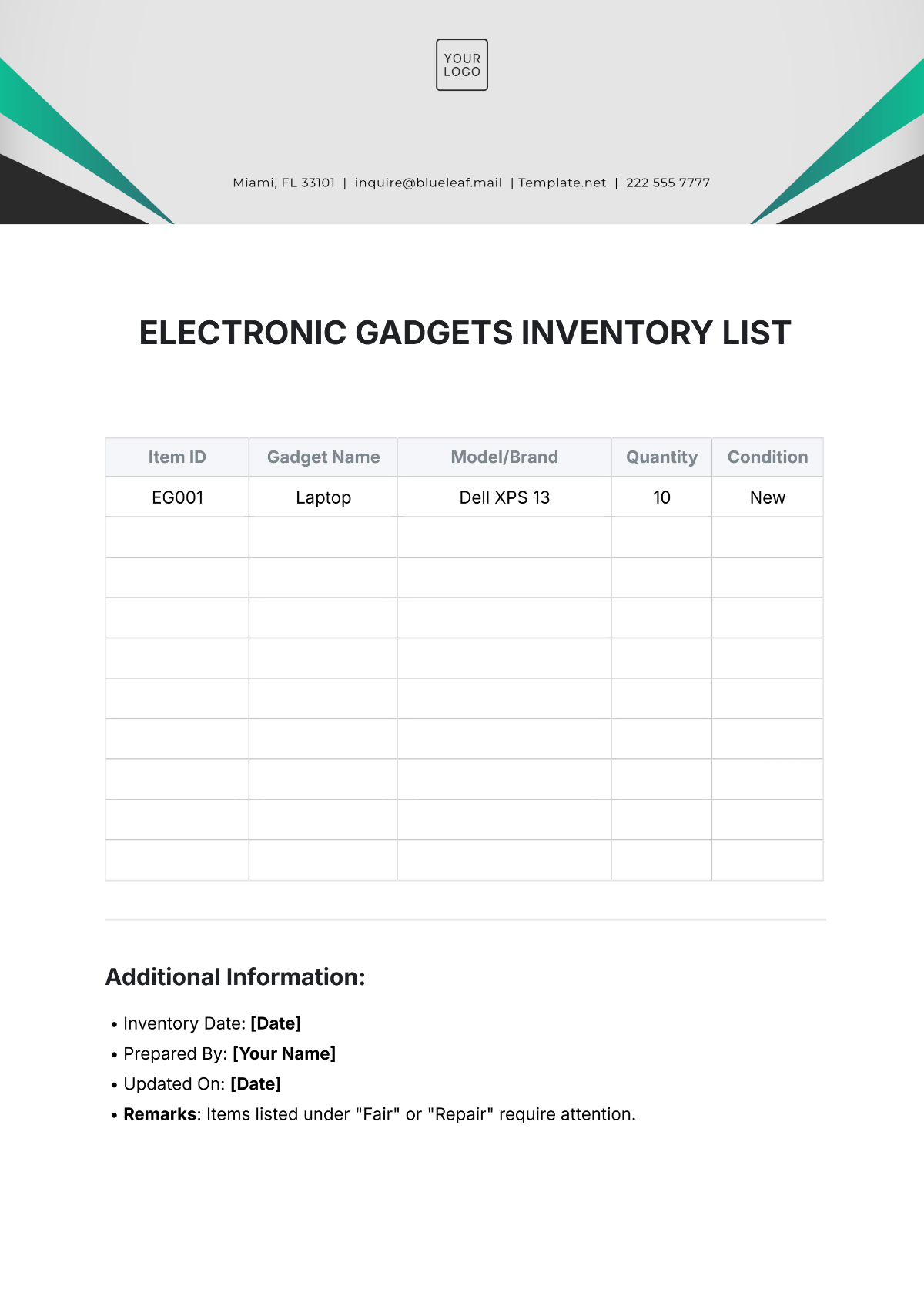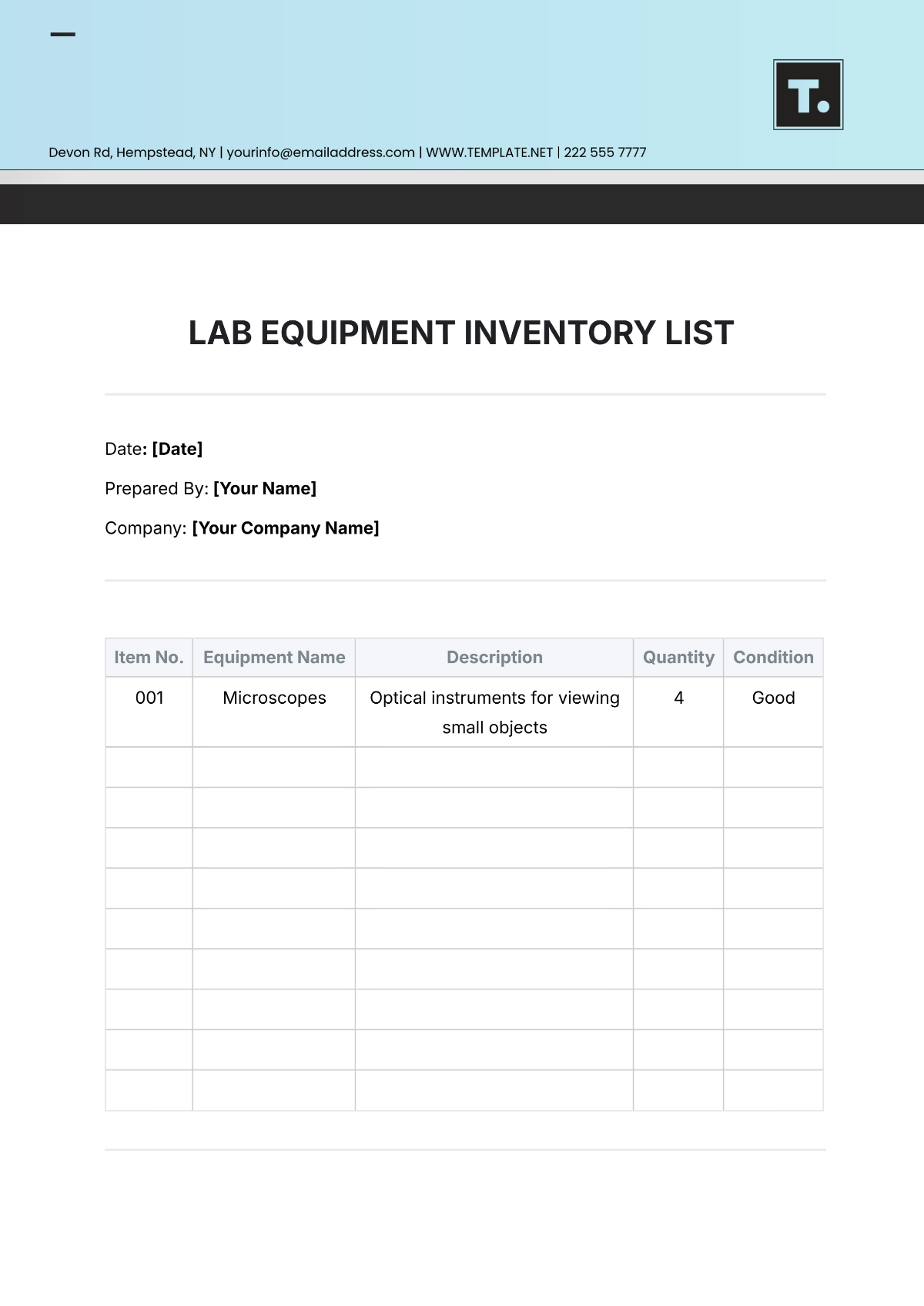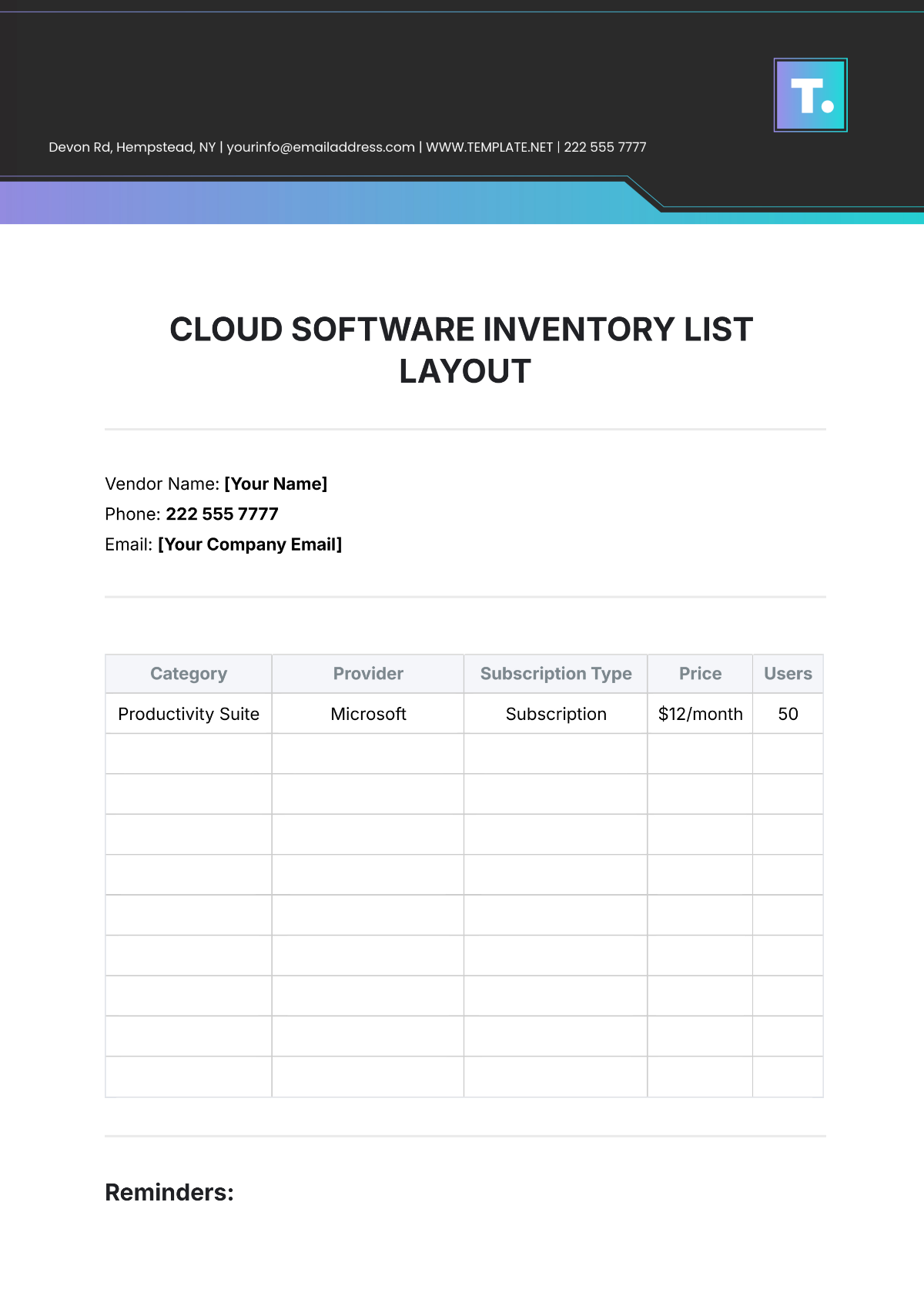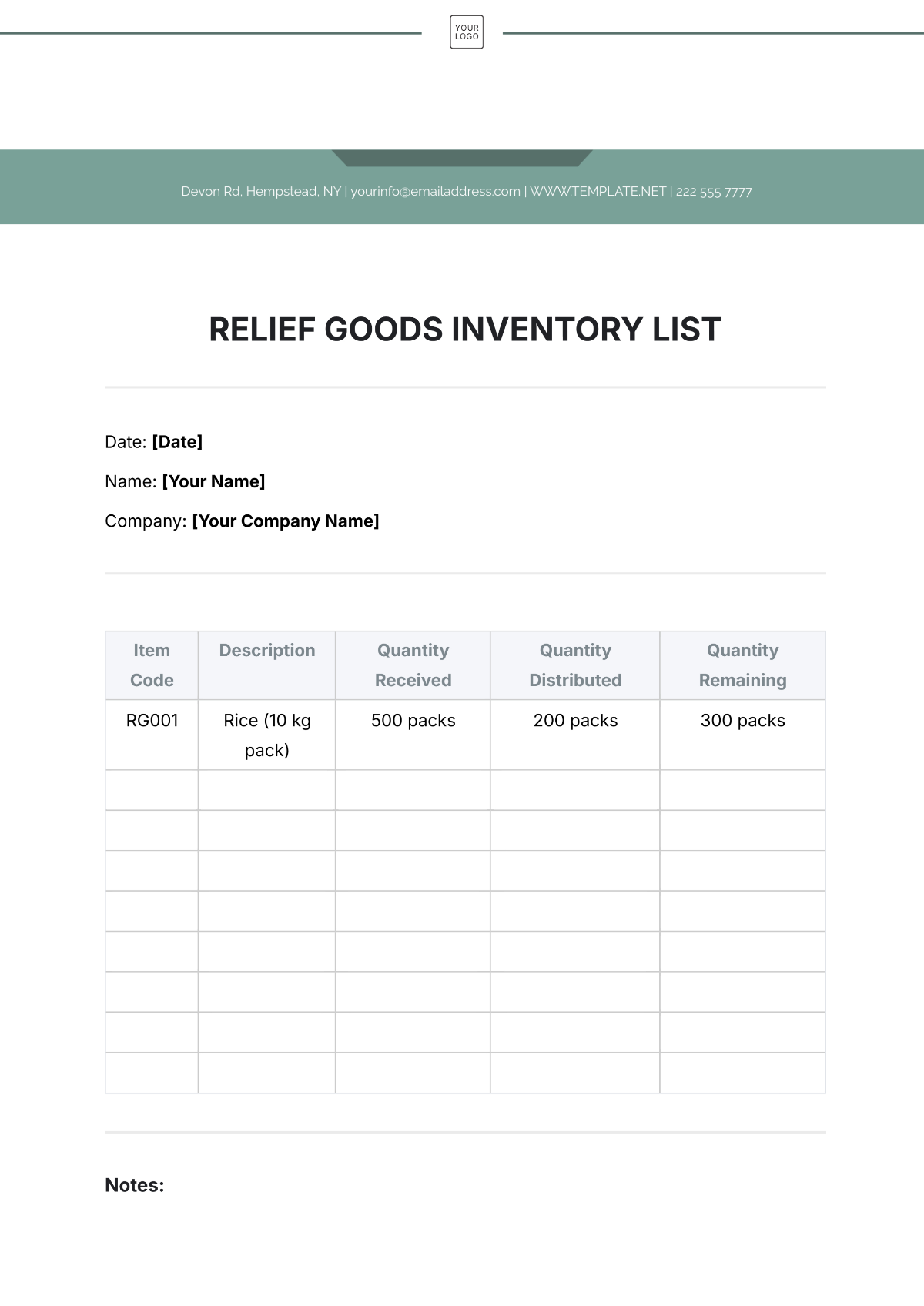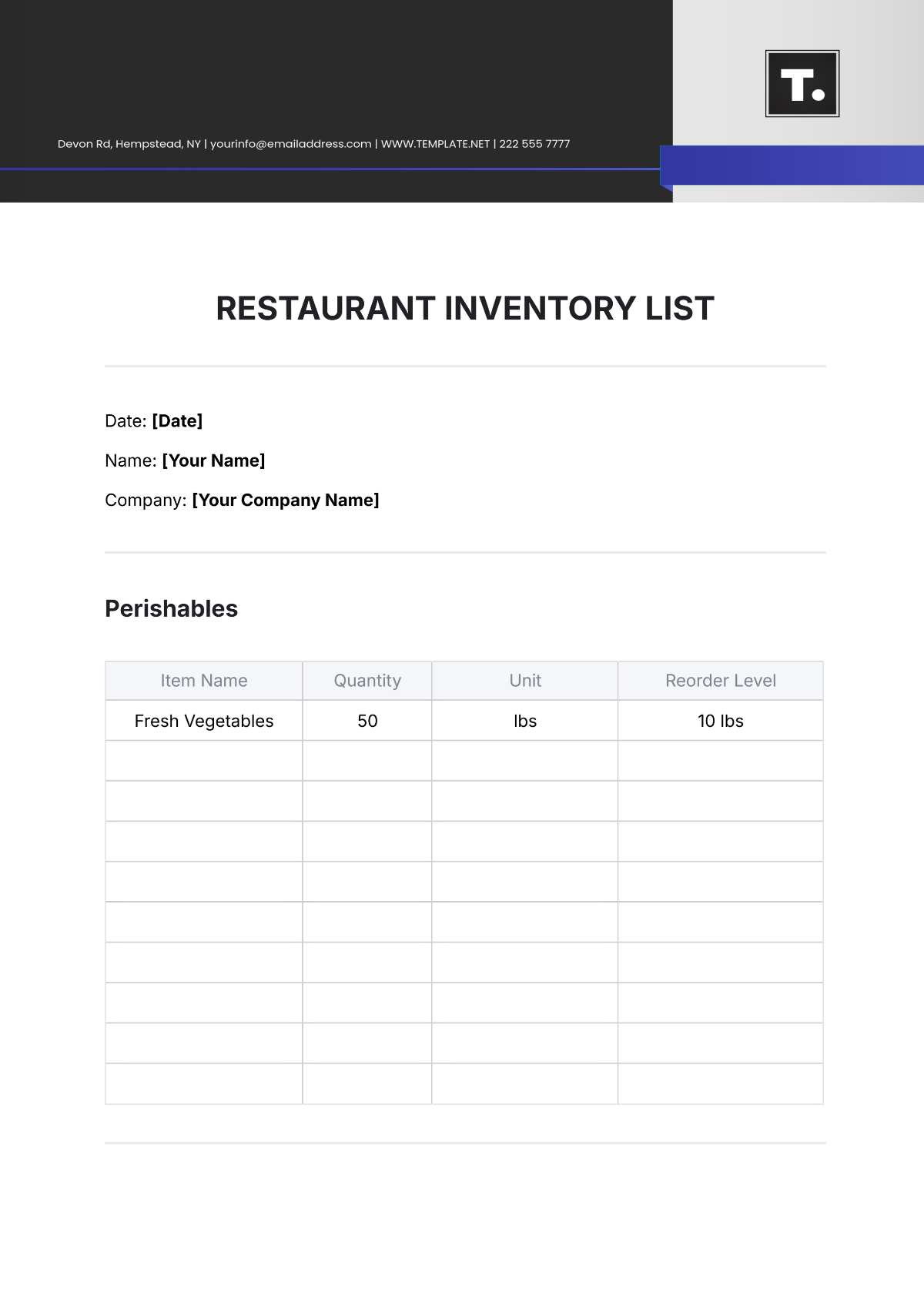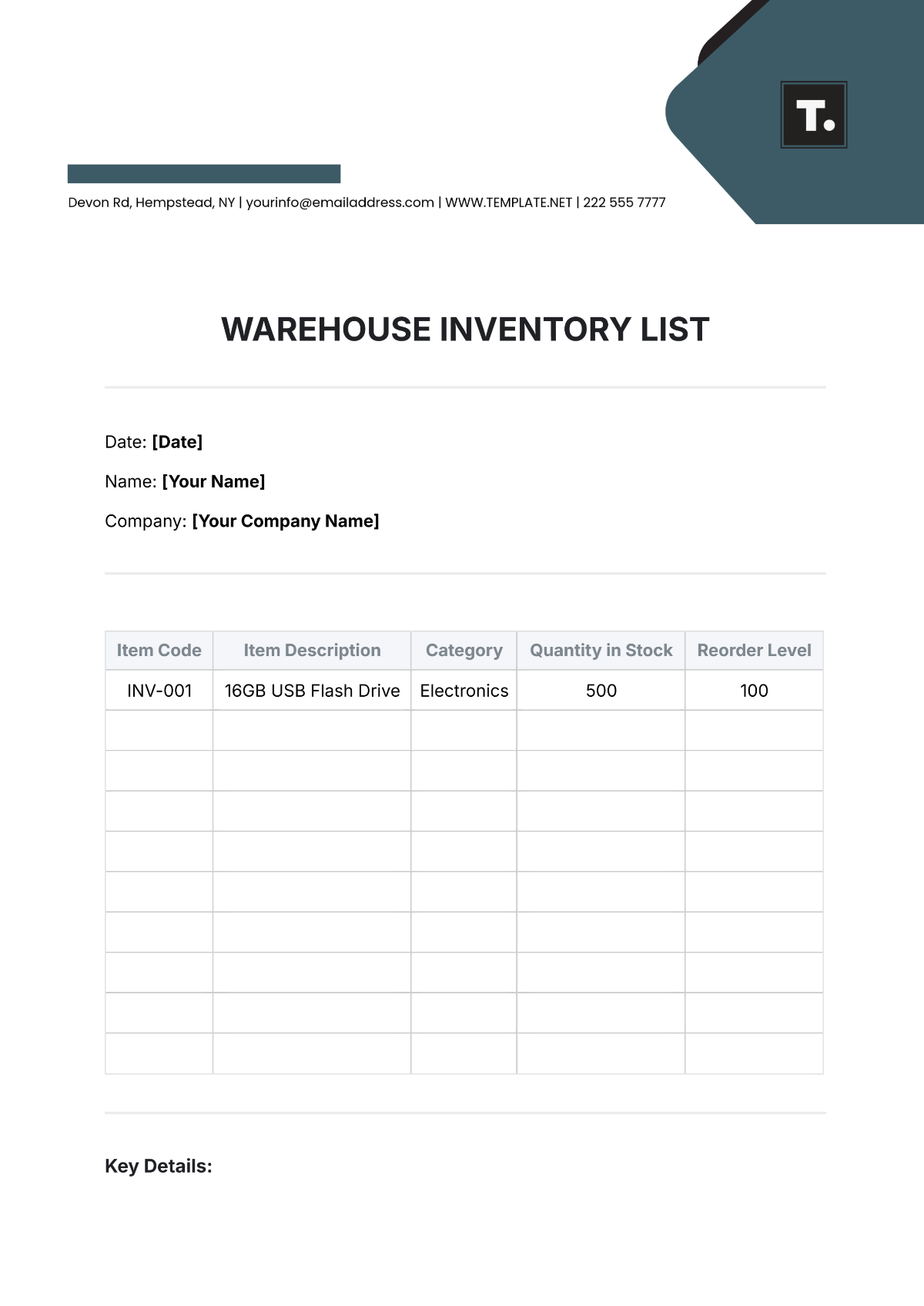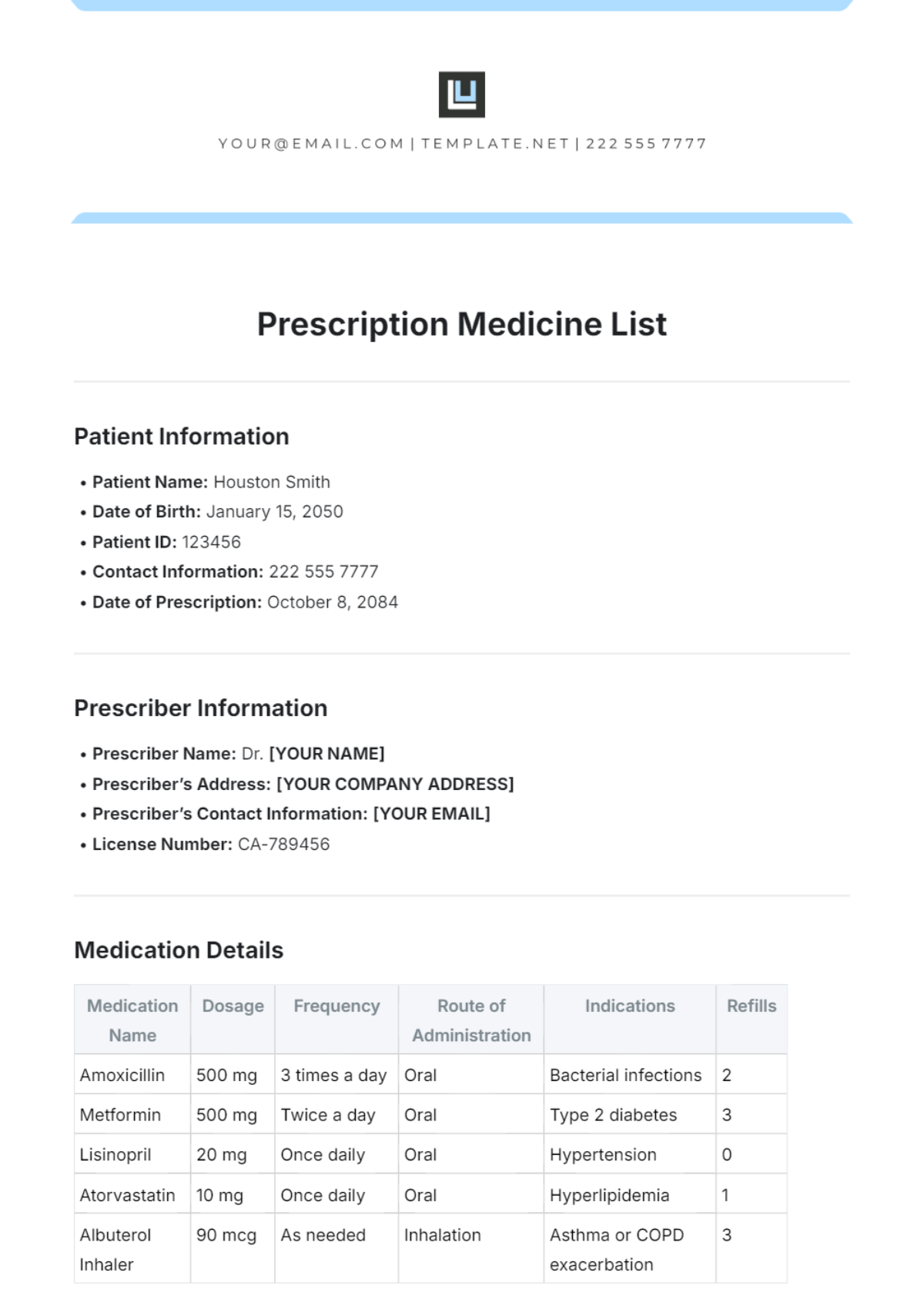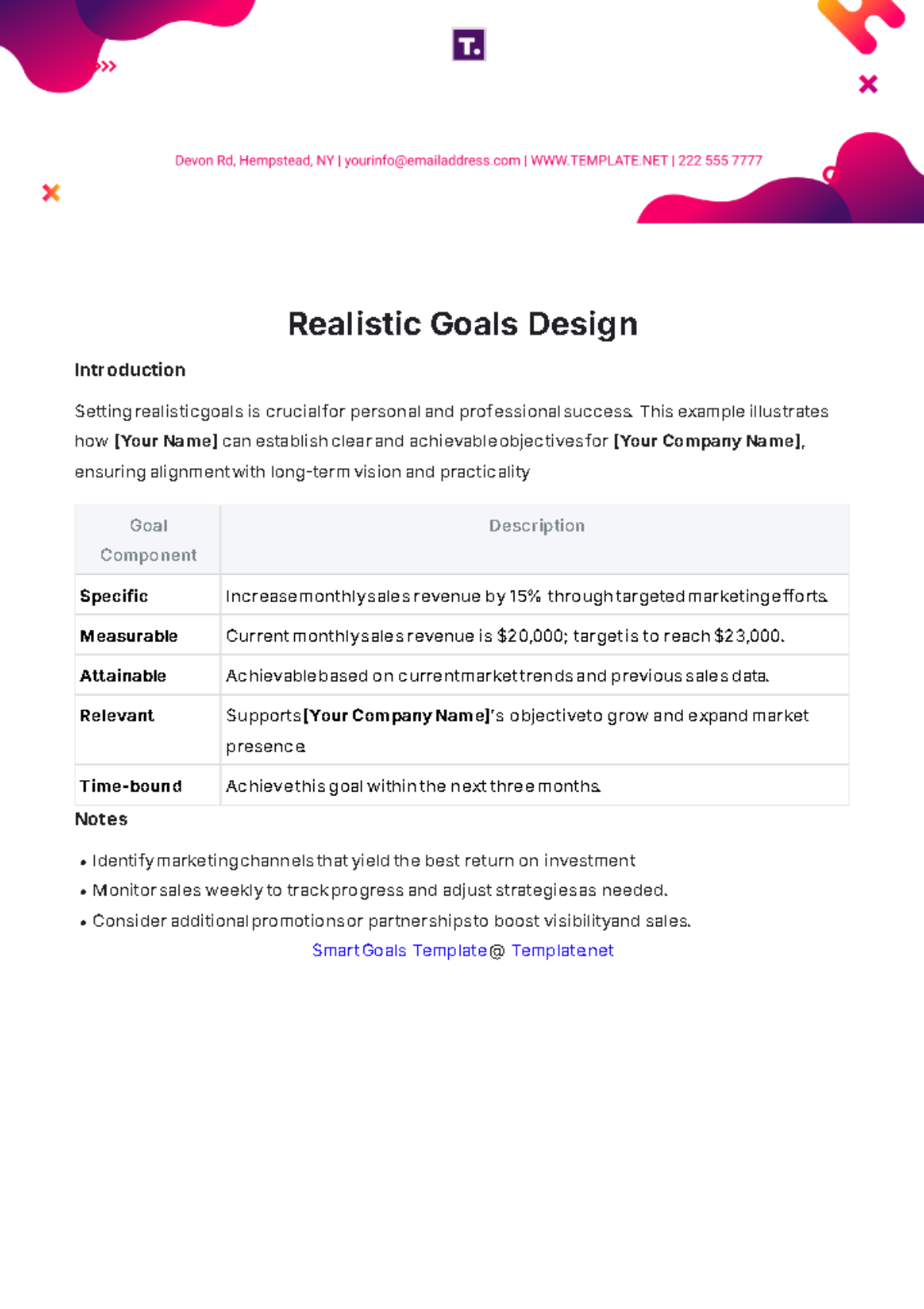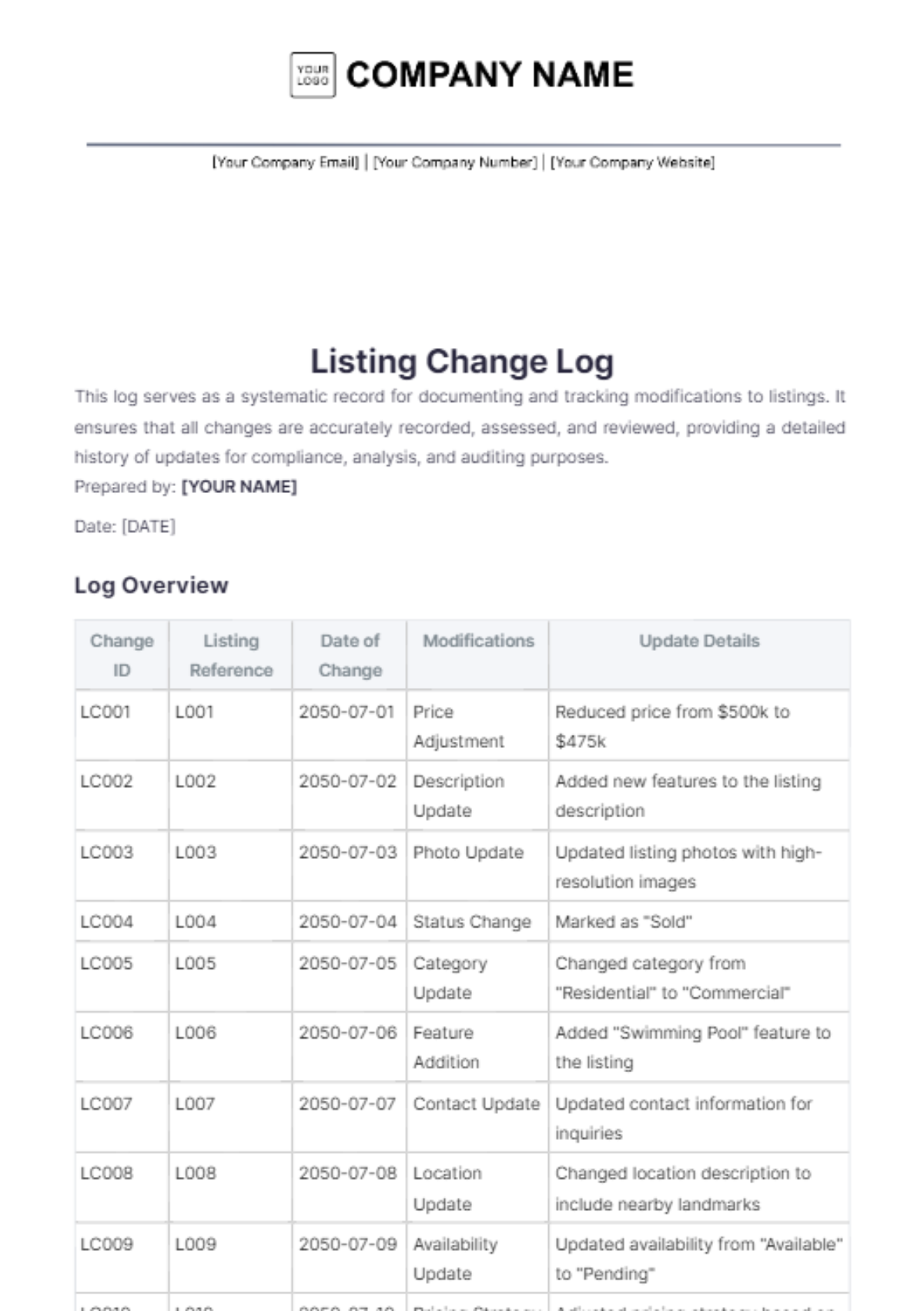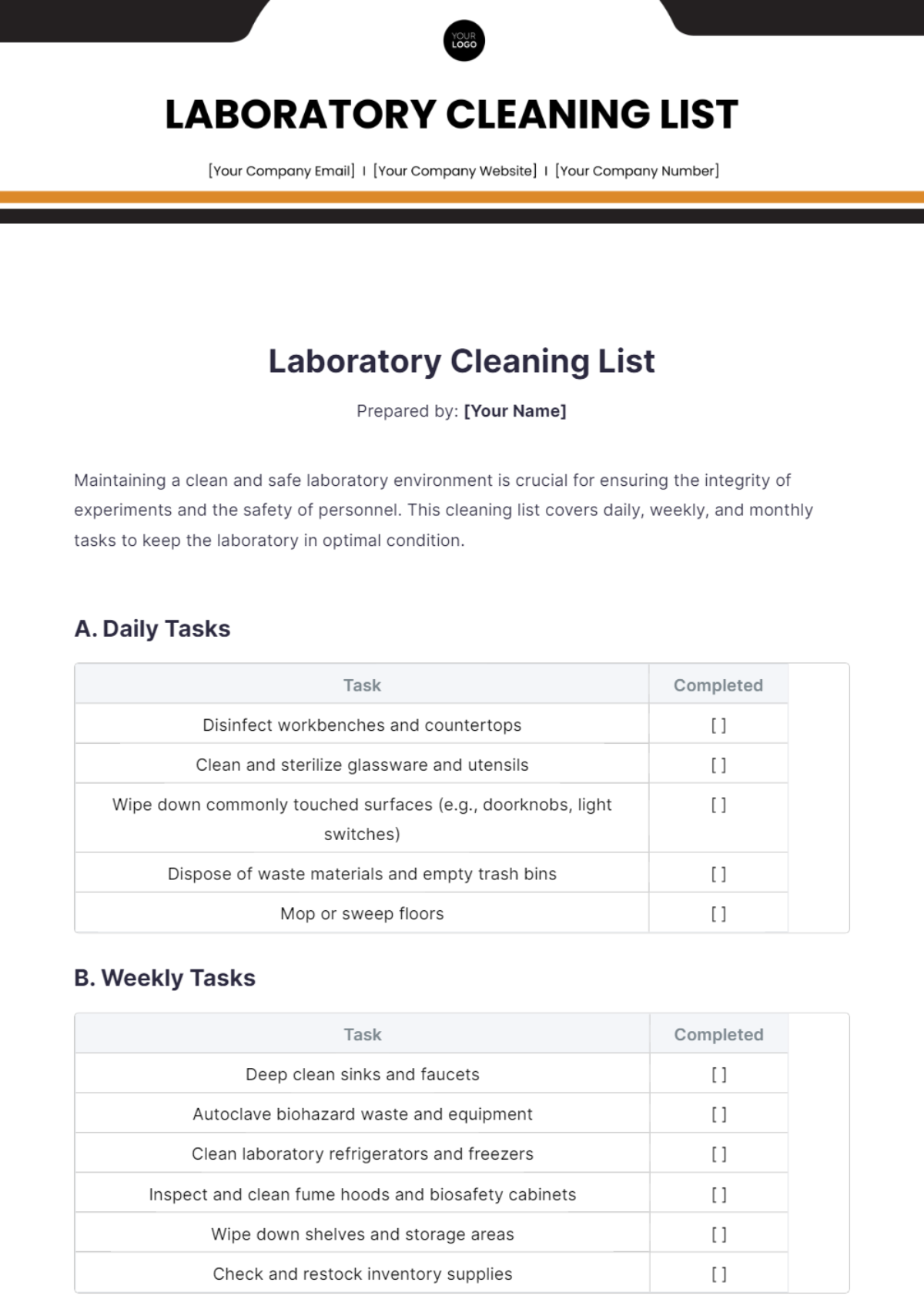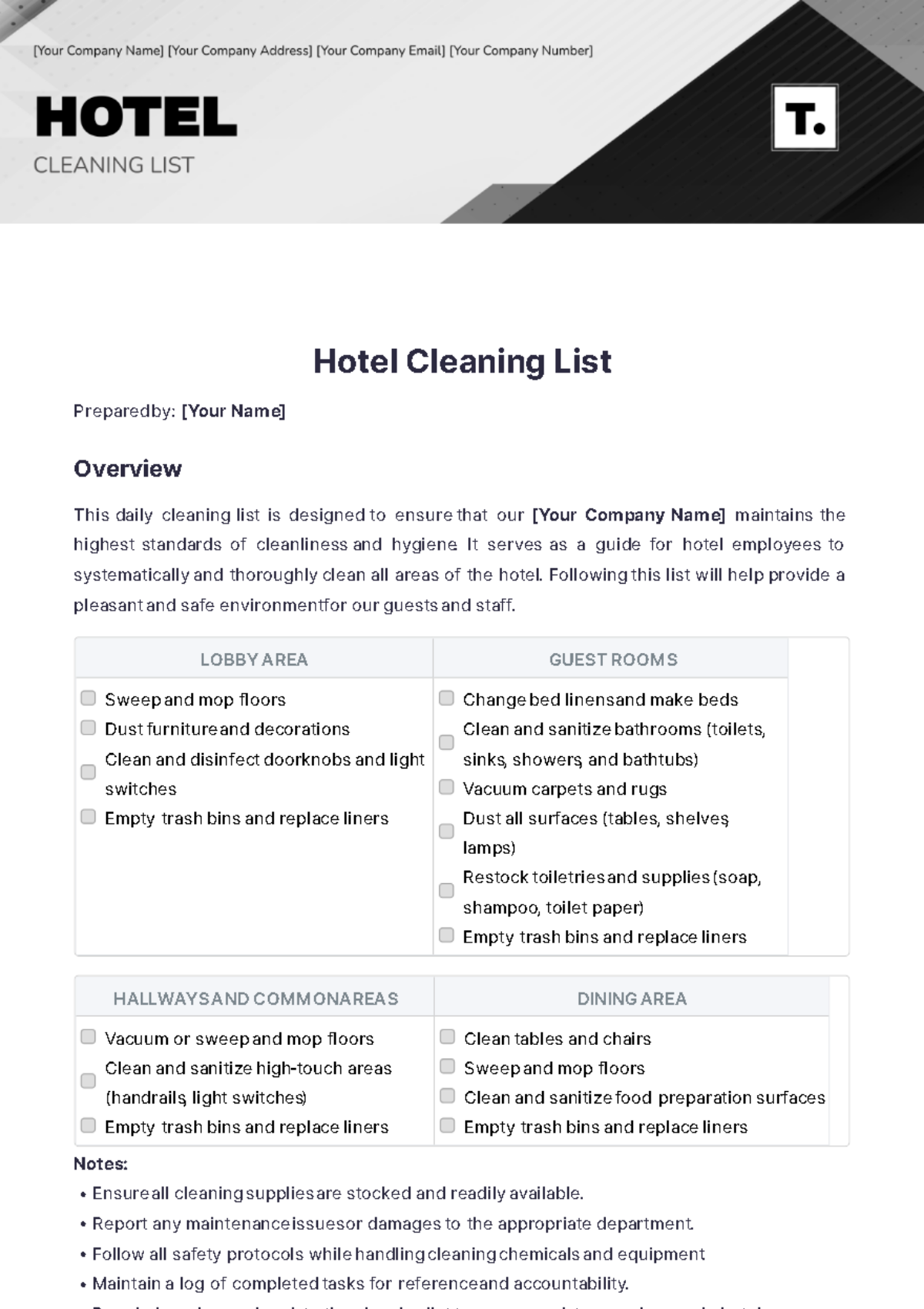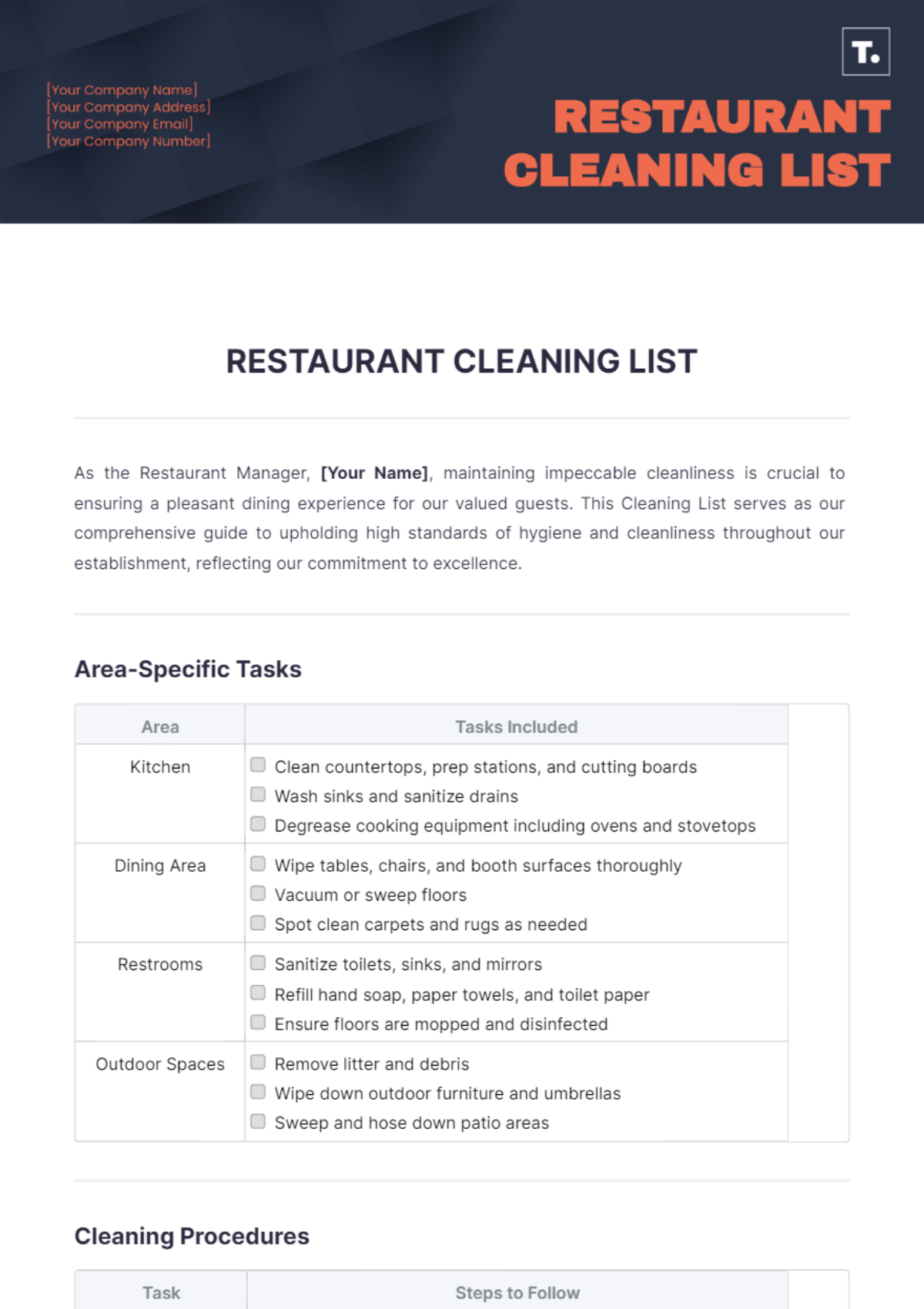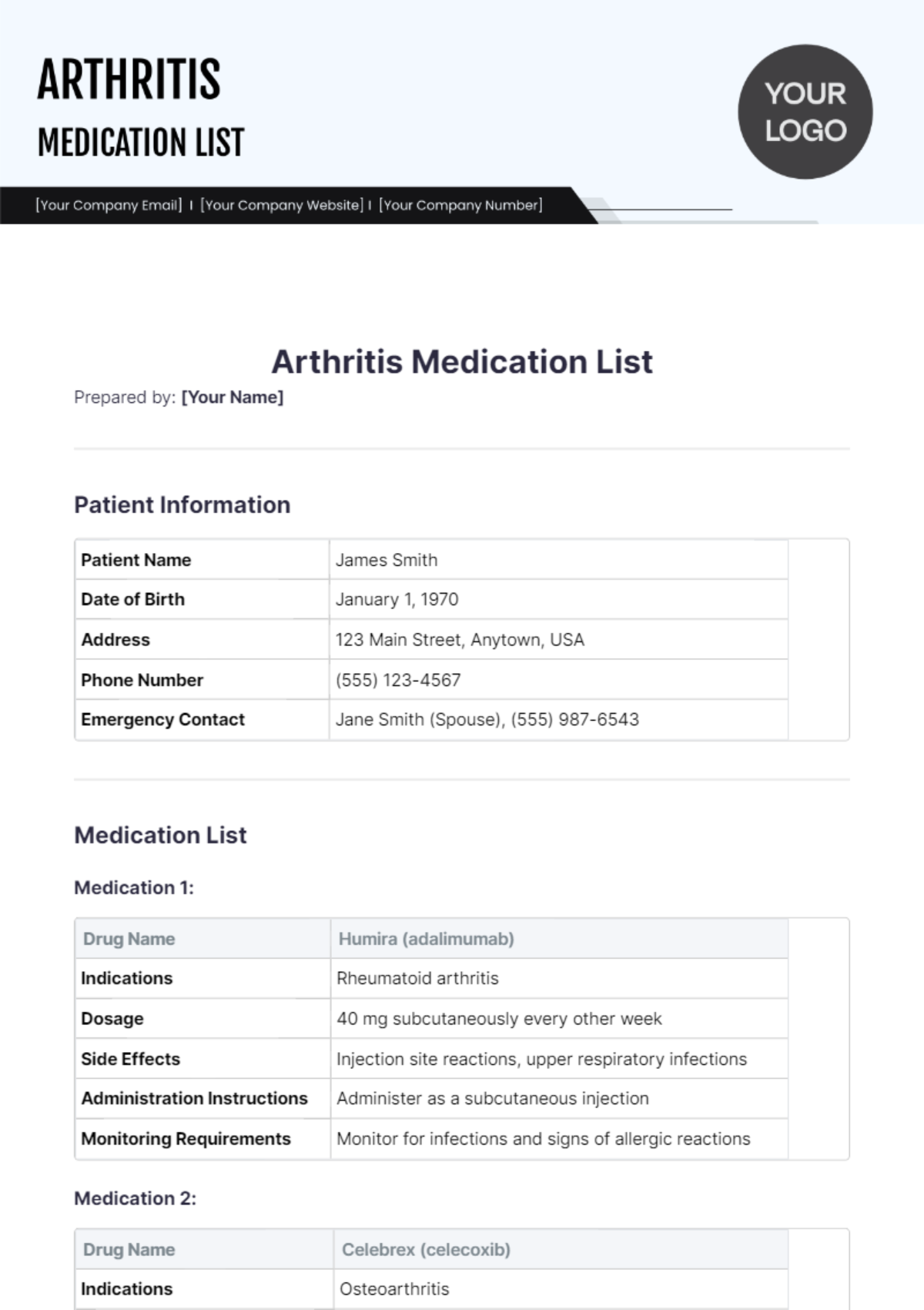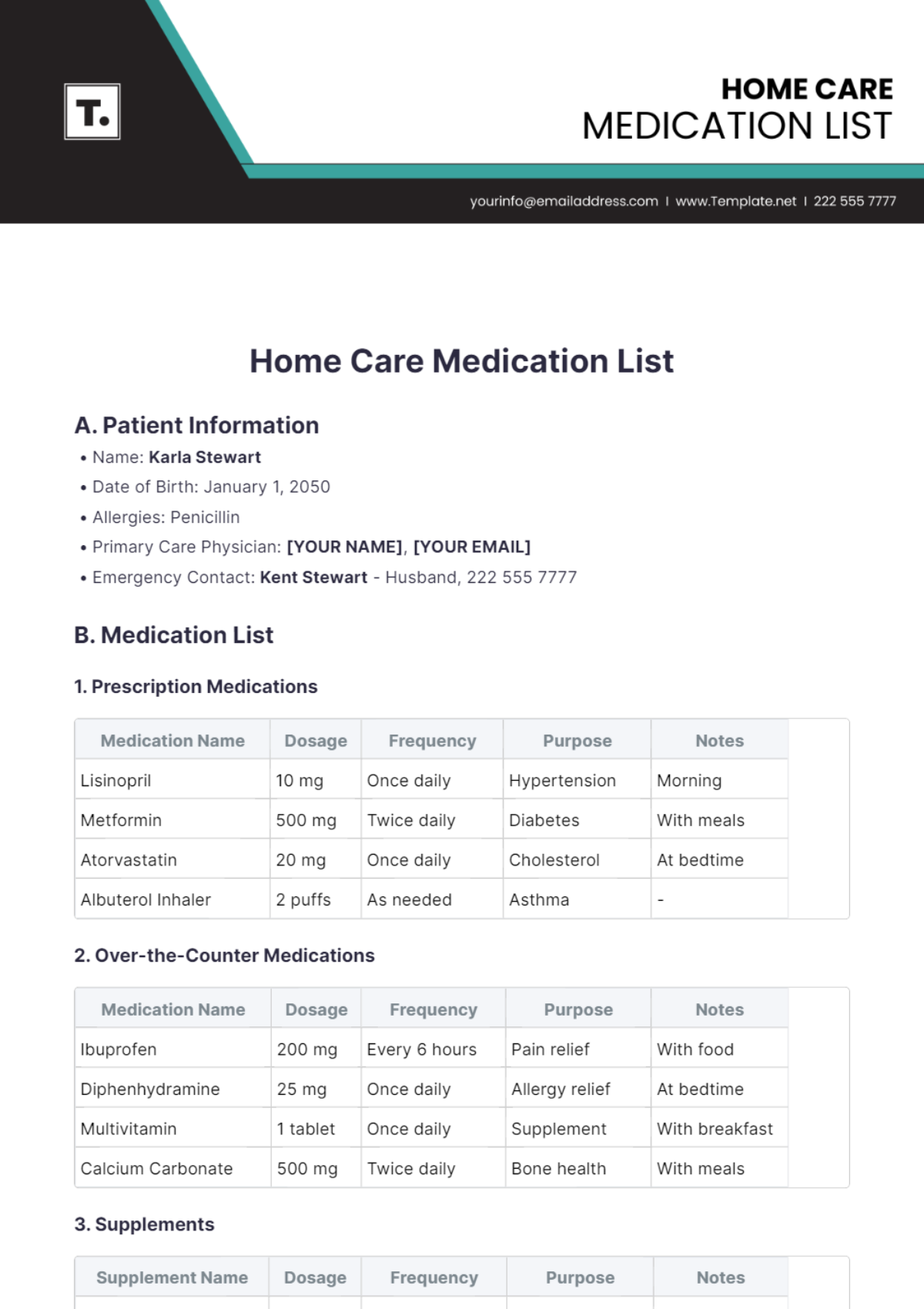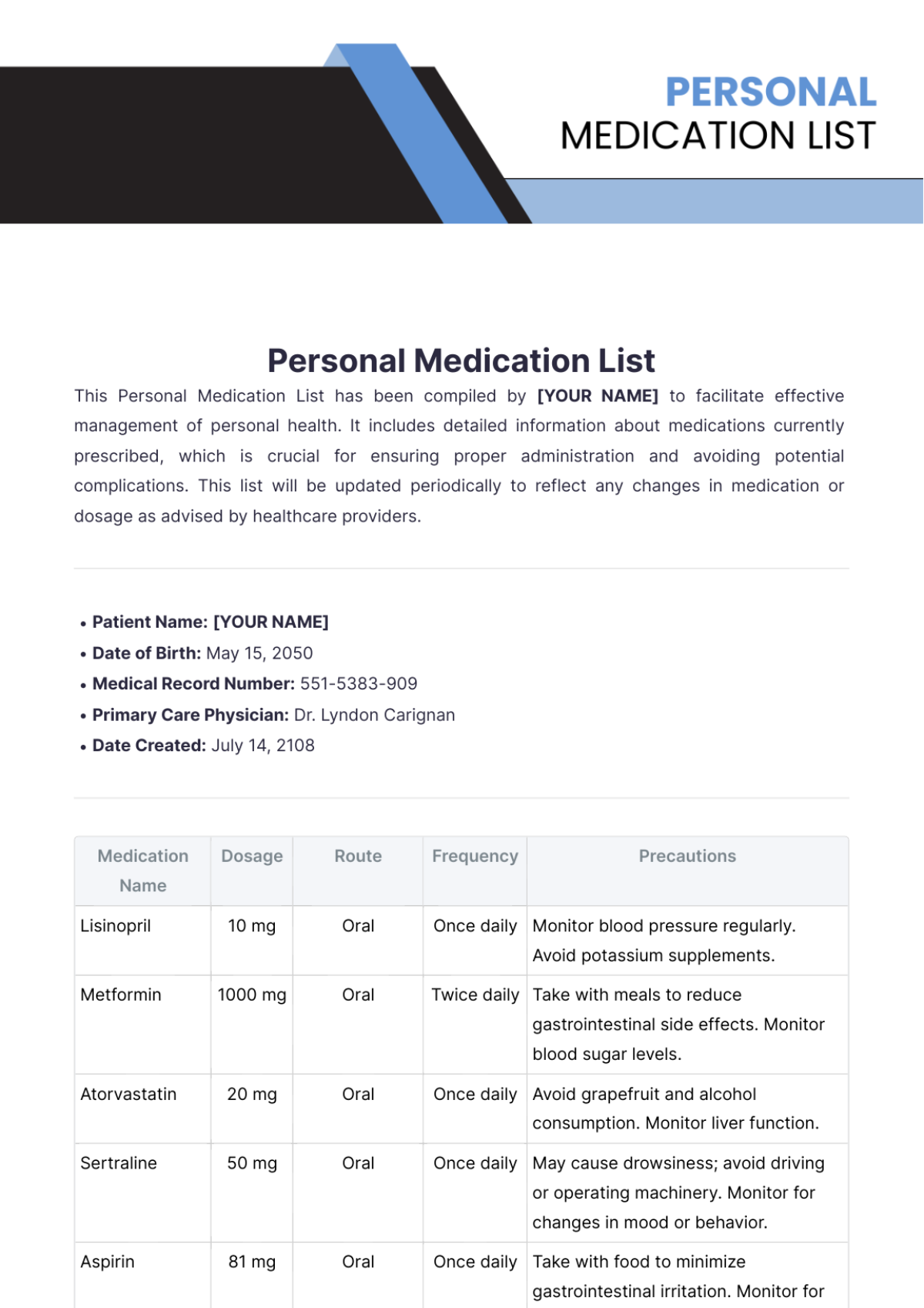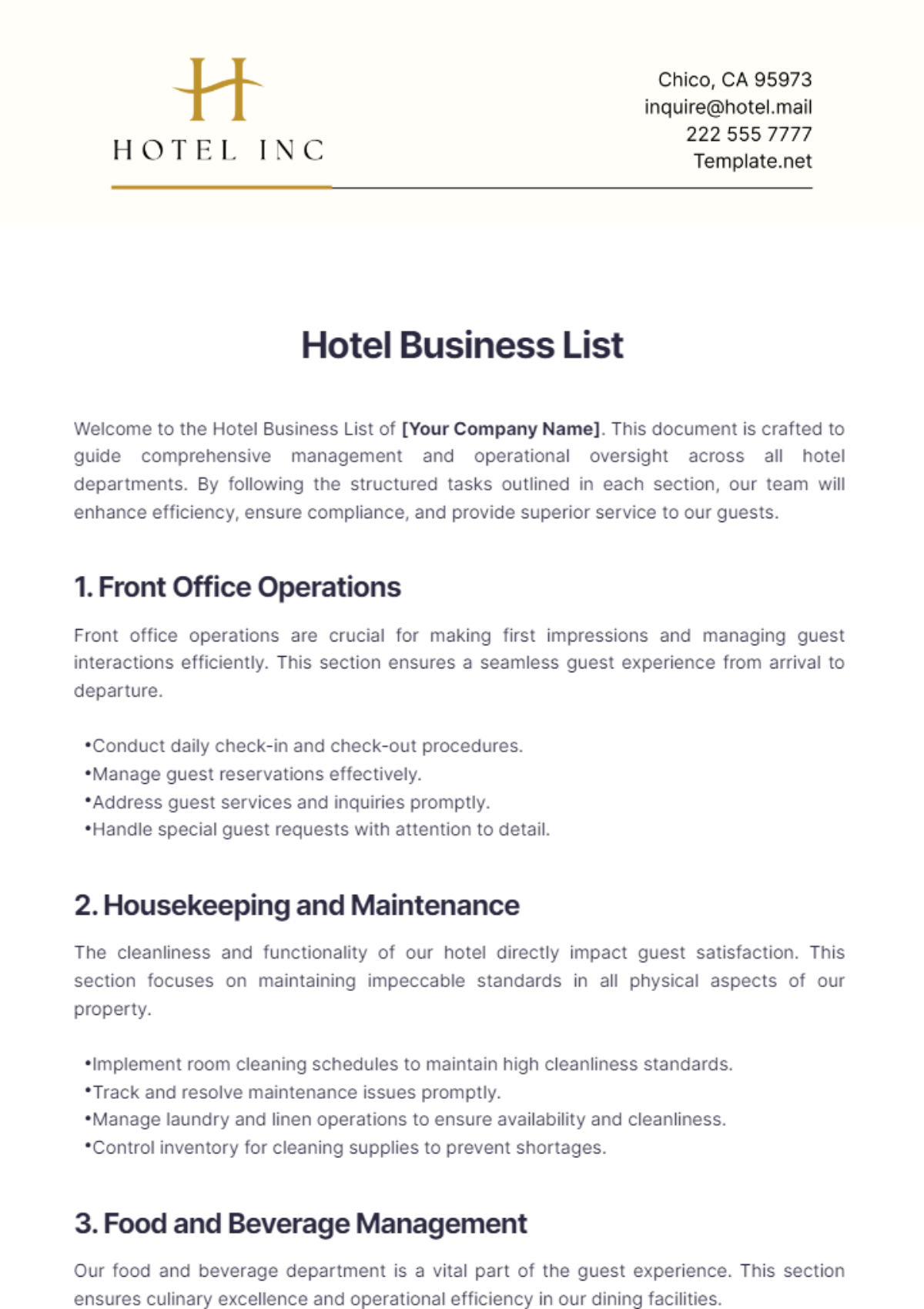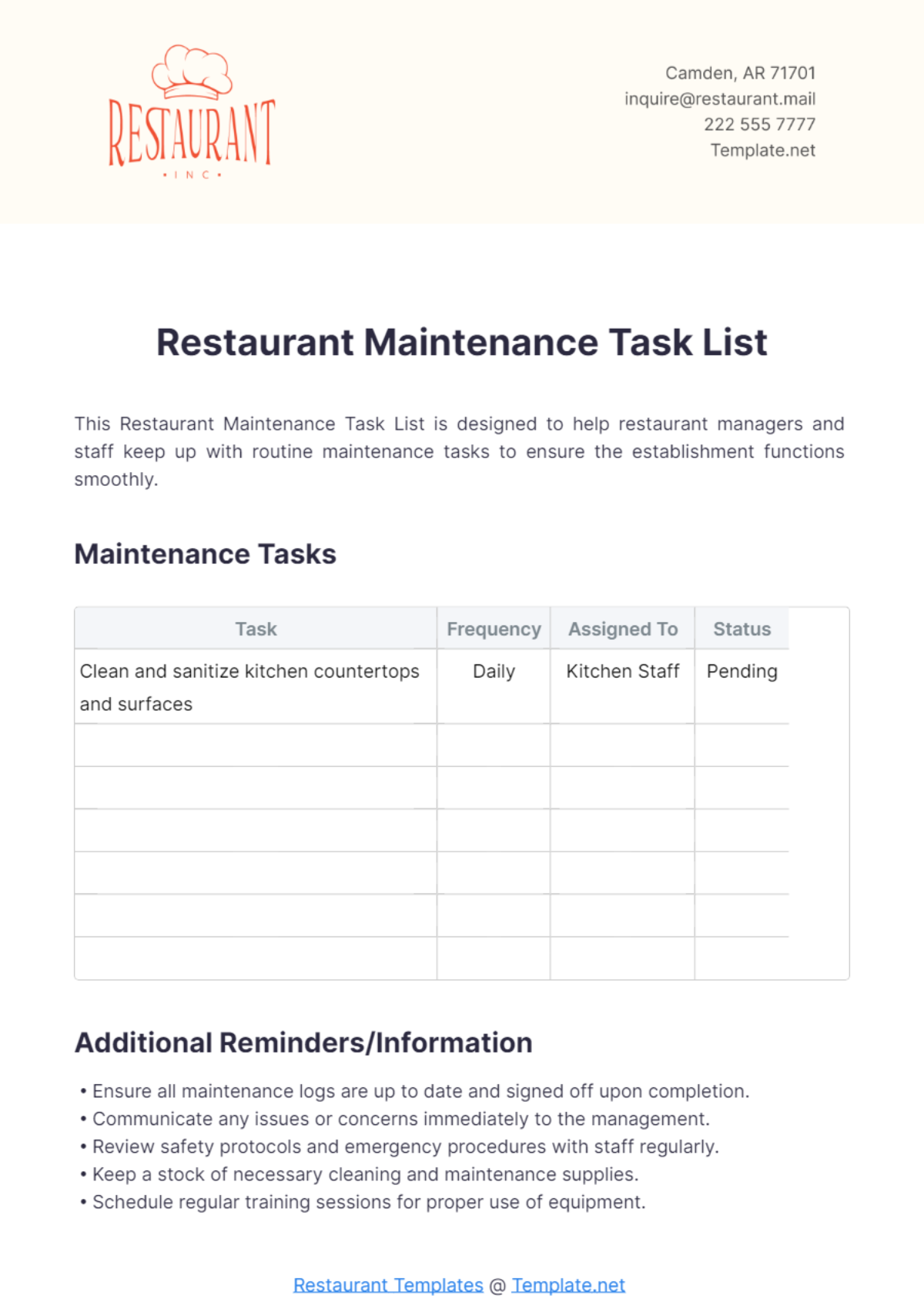Personal Medication List
This Personal Medication List has been compiled by [YOUR NAME] to facilitate effective management of personal health. It includes detailed information about medications currently prescribed, which is crucial for ensuring proper administration and avoiding potential complications. This list will be updated periodically to reflect any changes in medication or dosage as advised by healthcare providers.
Patient Name: [YOUR NAME]
Date of Birth: May 15, 2050
Medical Record Number: 551-5383-909
Primary Care Physician: Dr. Lyndon Carignan
Date Created: July 14, 2108
Medication Name | Dosage | Route | Frequency | Precautions |
|---|---|---|---|---|
Lisinopril | 10 mg | Oral | Once daily | Monitor blood pressure regularly. Avoid potassium supplements. |
Metformin | 1000 mg | Oral | Twice daily | Take with meals to reduce gastrointestinal side effects. Monitor blood sugar levels. |
Atorvastatin | 20 mg | Oral | Once daily | Avoid grapefruit and alcohol consumption. Monitor liver function. |
Sertraline | 50 mg | Oral | Once daily | May cause drowsiness; avoid driving or operating machinery. Monitor for changes in mood or behavior. |
Aspirin | 81 mg | Oral | Once daily | Take with food to minimize gastrointestinal irritation. Monitor for signs of bleeding. |
Albuterol Inhaler | 2 puffs | Inhalation | As needed | Use as directed for acute asthma symptoms. Rinse mouth after use to prevent oral thrush. |
Insulin (Lantus) | 20 units | Subcutaneous | Once daily | Rotate injection sites. Monitor blood glucose levels regularly. |
Omeprazole | 20 mg | Oral | Once daily | Take on an empty stomach in the morning. Monitor for signs of gastrointestinal bleeding. |
Notes and Reminders:
Take medications at the prescribed times and doses to ensure effectiveness.
Inform healthcare providers about all medications, including over-the-counter supplements.
Store medications in a cool, dry place away from children and pets.
Carry this list during medical appointments and emergencies.
Report any side effects or concerns promptly to your healthcare provider.
Schedule regular medication reviews with your healthcare team to optimize treatment.
Keep emergency contact numbers readily accessible in case of adverse reactions.
